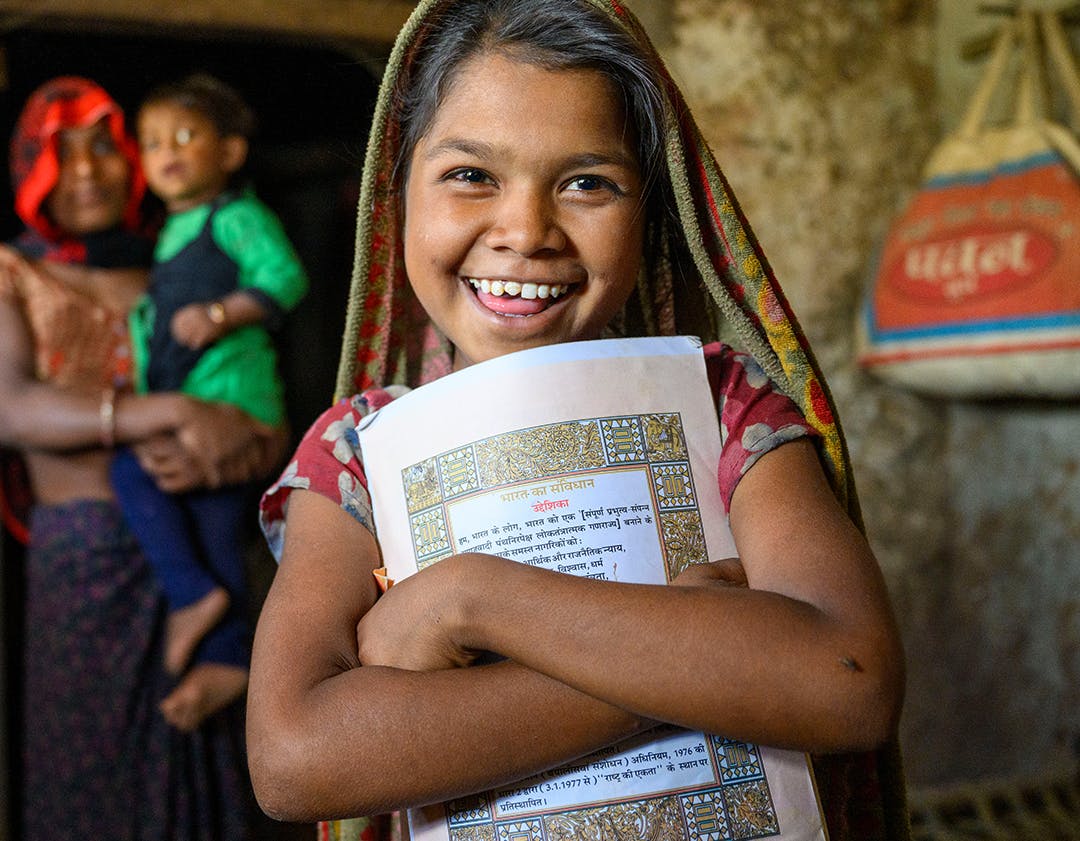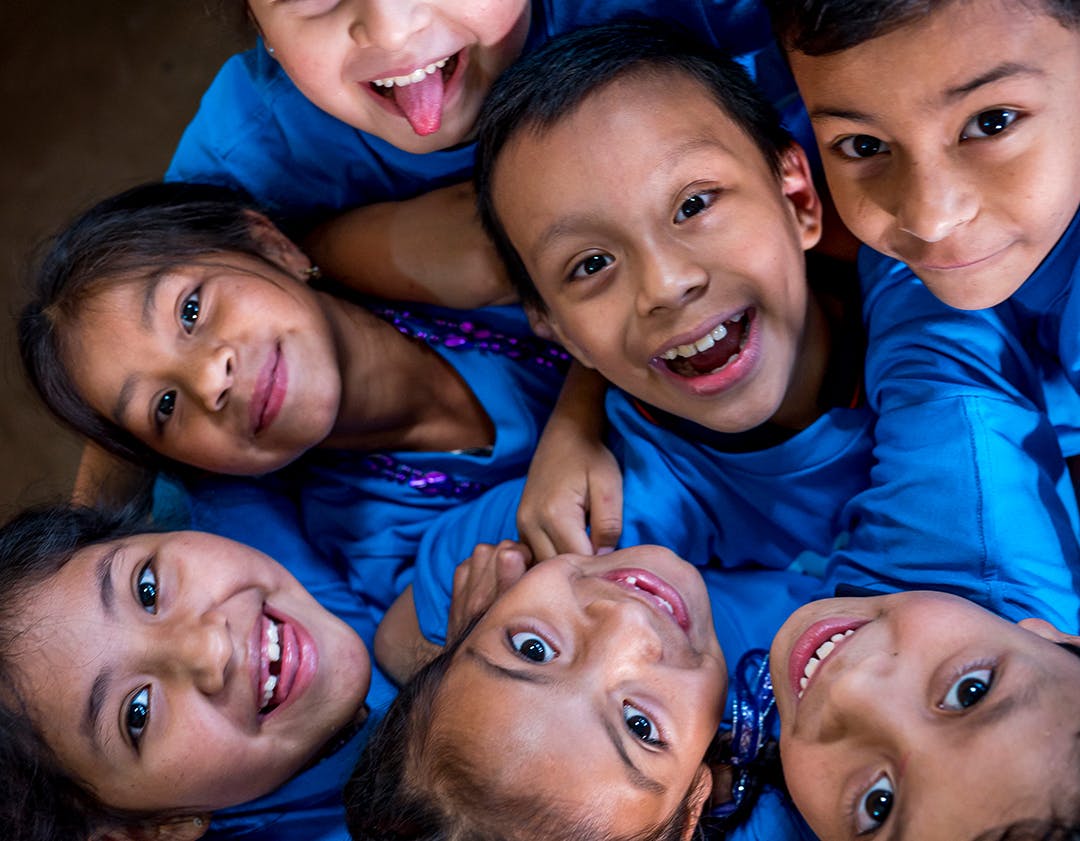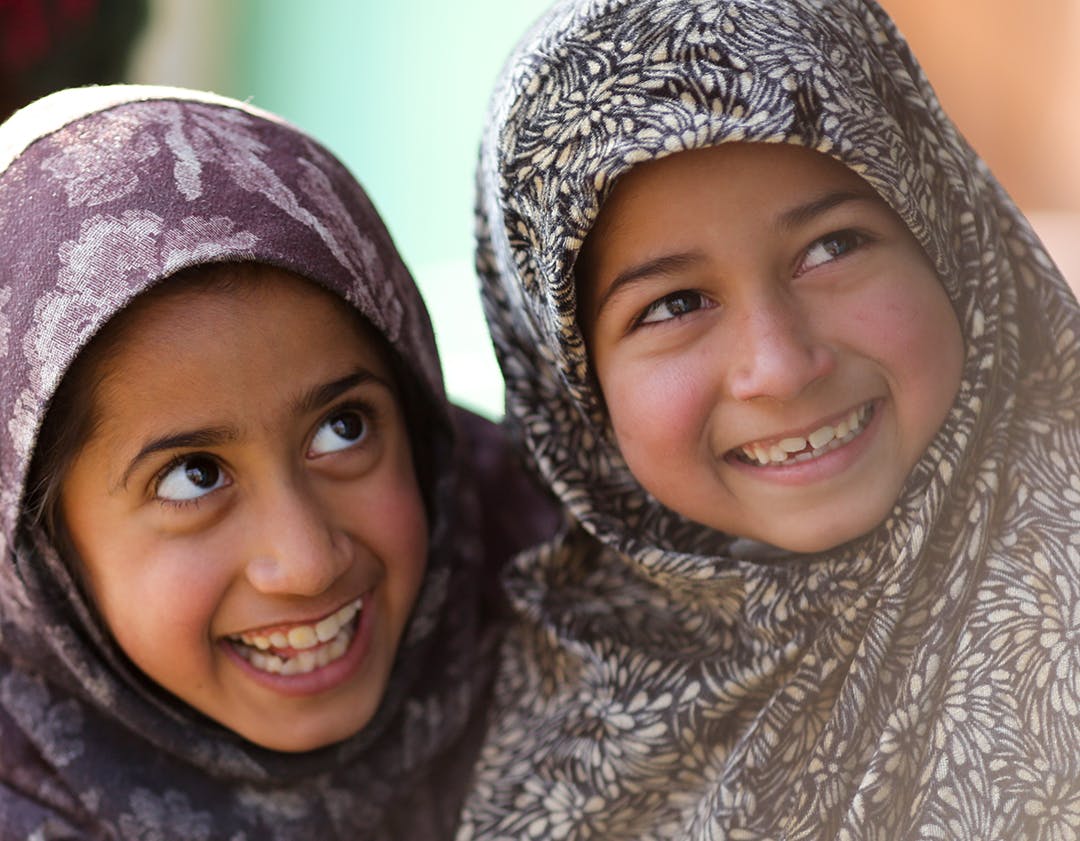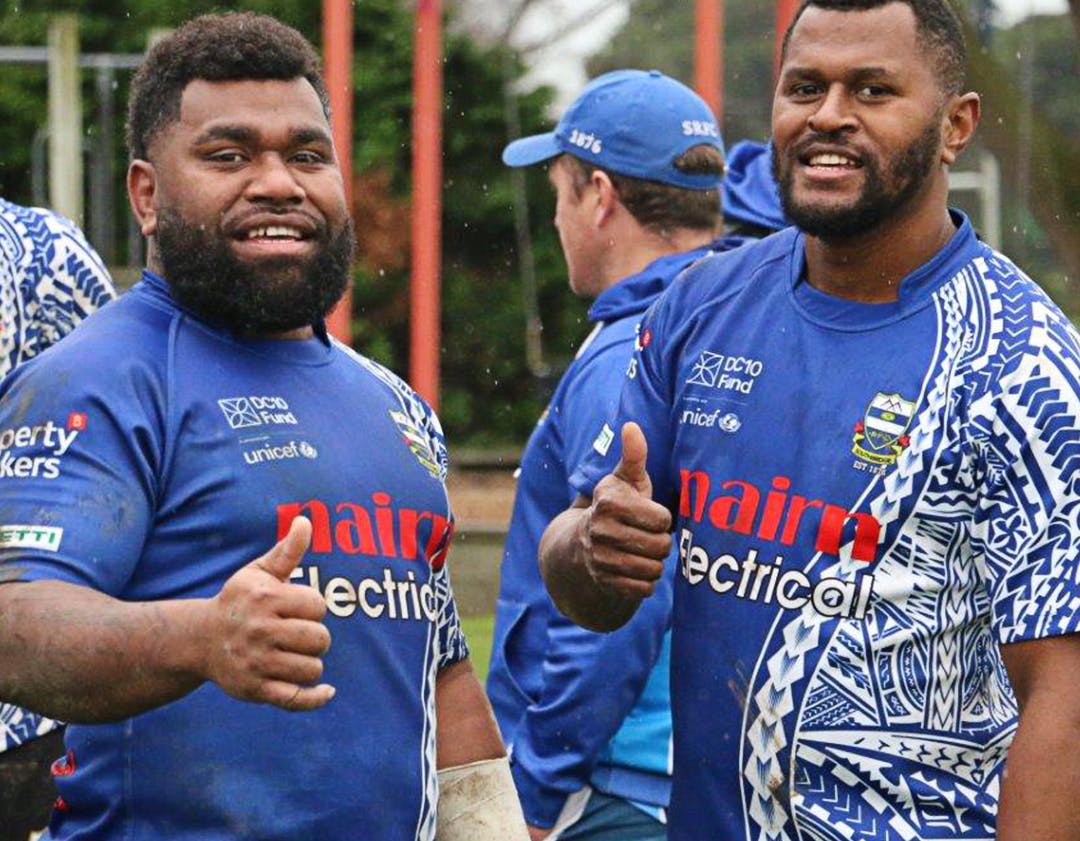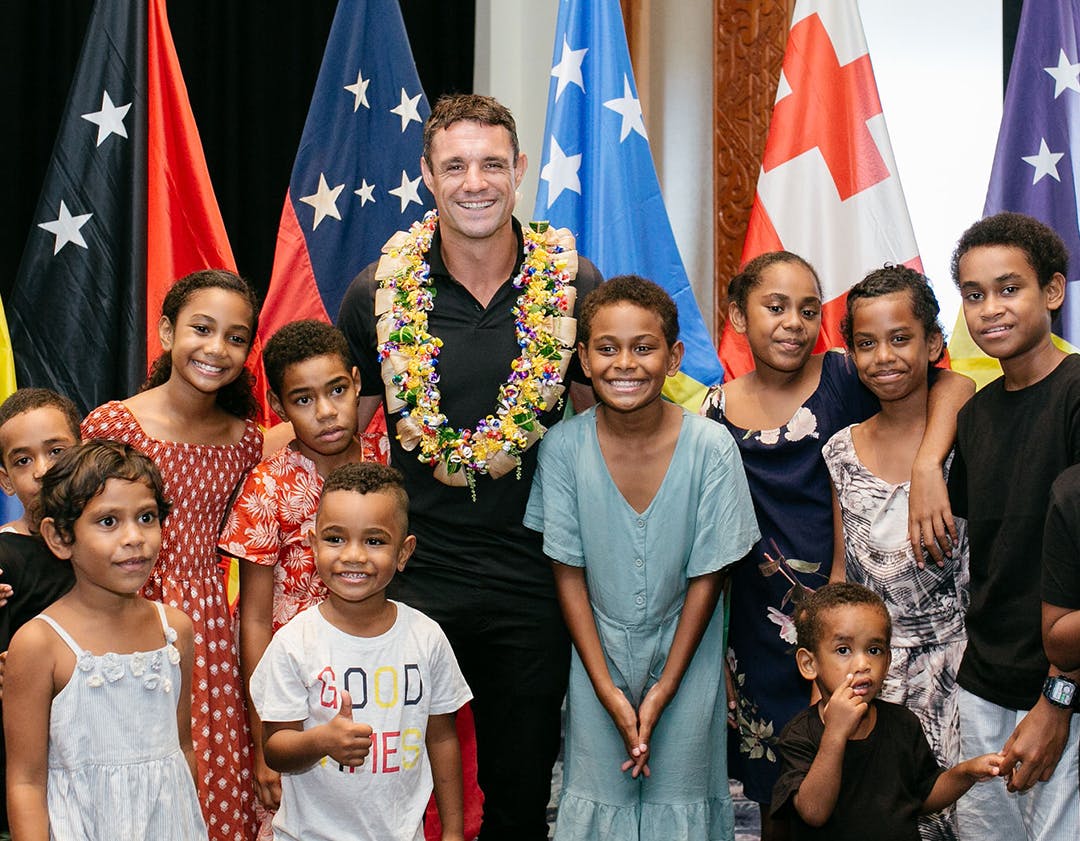
UNICEF AOTEAROA
ANNUAL REPORT 2023
PŪRONGO Ā-TAU 2023
Home
UNICEF AOTEAROA ANNUAL REPORT 2023

ABOUT UNICEF
MŌ UNICEF
United Nations Children's Fund (UNICEF) is the leading voice for children, established in 1946 in the aftermath of World War II. The mandate was clear: to help children and young people whose lives and futures were at risk – no matter their country's role in the war.
For over 75 years, UNICEF has protected children's rights in more than 190 countries and territories worldwide. As a result, UNICEF has provided more children with clean water, life-saving food and vaccines, education and protection from violence than any other humanitarian organisation.
UNICEF Aotearoa New Zealand is an independent charitable trust registered in NZ. We are one of 33 UNICEF National Committees which raise funds for UNICEF’s worldwide emergency and development work and advocate for children's rights around the world and in Aotearoa.
We exist to empower and mobilise the people and the Government of New Zealand to invest in the positive transformation of every child's future. Through innovation in our mahi and by inspiring generosity in our donors, we make a powerful IMPACT in creating a better world for every child.


Our vision is every child, everywhere, thriving.
He whakakitenga: Kia ora ai ia tamaiti, ahakoa kei hea.
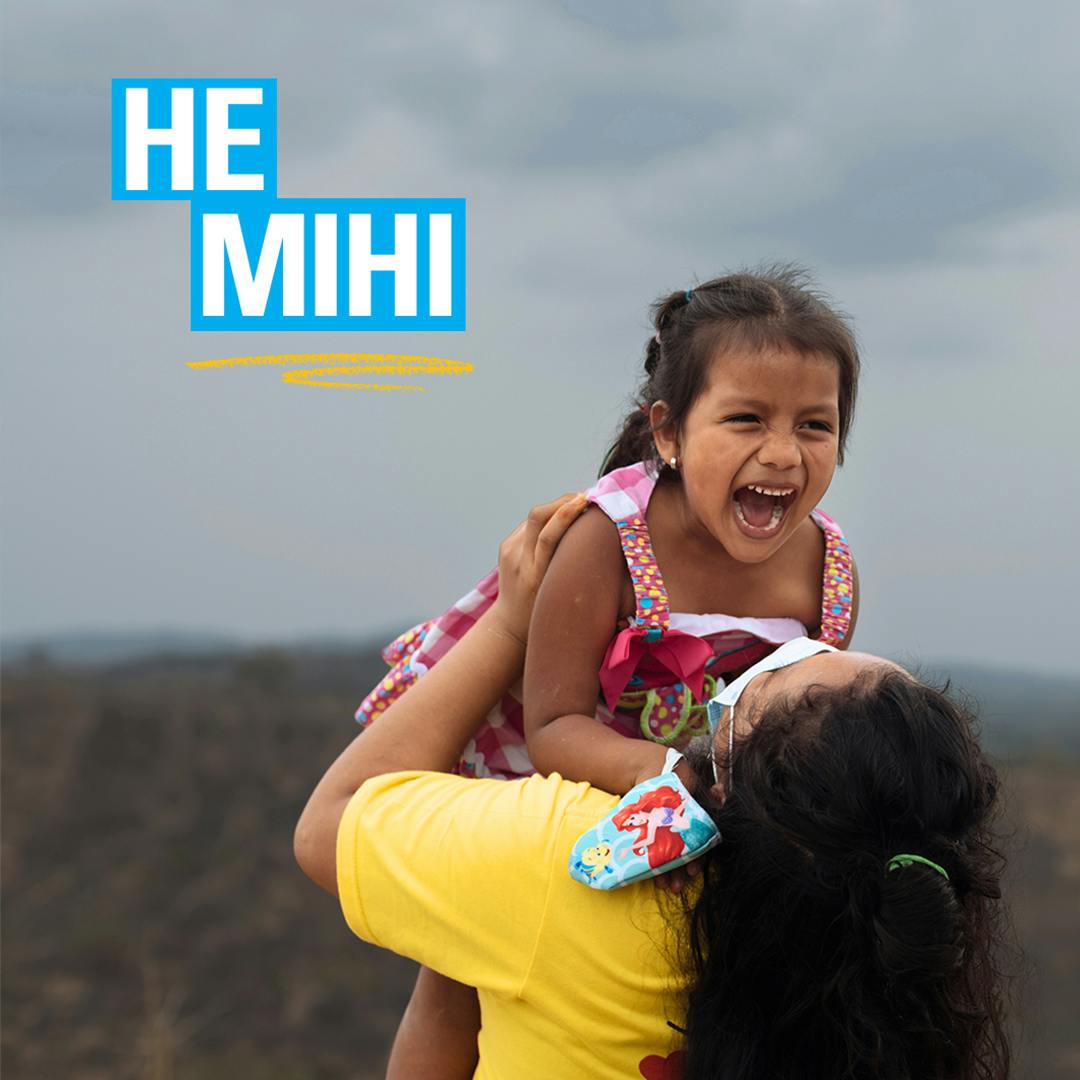
Āio ki te Aorangi
Aroha ki te aorangi
Koa ki te aorangi
Pono ki te aorangi
Kia tau ko te kahukura
Te wairua kore here
te kawe i te tika
me te pono
He tohu aroha tēnei
Ki te o whānui
He maumahara ki te
whaea a Papatūānuku
- Nā Rose Turuki Pere te Kaituhi
Peace to the universe
Love to the universe
Joy to the universe
Truth to the universe
May the violet flame
the spirit of freedom
that upholds justice
and truth, prevail
This is a gift of love
to the whole world
it is a token of my regard
for Papatūānuku – earth mother
JOINT MESSAGE FROM THE CHAIR
AND CHIEF EXECUTIVE OFFICER
NGĀ KŌRERO A TE TIAMANA
ME TE MANAHAUTŪ
At UNICEF Aotearoa New Zealand, we are privileged to work as part of a global team dedicated to the protection of the rights of children, everywhere. As a UNICEF National Committee, we work with the people of New Zealand to make a difference for every child, whether that’s through our fundraising or our advocacy and partnership with the New Zealand Government.
The impact of our donors on the welfare of children all around the world and at home has never been more important. Whether you are one of our corporate partners, involved in our partnership with the Government, or an individual donor, your generosity and care makes a real difference.
2023 was a challenging year for the international charity sector, as it was for many New Zealanders. We were all impacted by increases in the cost of living. A General Election brought more uncertainty, while Cyclone Gabrielle and other climate emergencies turned our focus close to home. Despite all of that, New Zealanders gave $13.9 million to support the global work of UNICEF.
At UNICEF Aotearoa we took the opportunity in 2023 to stay the course on our digital transformation strategy for the future of fundraising. Over recent years the Board and leadership of UNICEF Aotearoa have made purposeful and strategic changes to the way we operate.
We’re doing things differently: harnessing the power of innovation and using the tools of technology to support
our work for every child.
We see ourselves as disruptors in the charity sector – in the sense that we recognise the power of doing things differently; of using technology and innovation to support our work for good. Our digital transformation journey has touched all parts of the organisation in recent years; from our people and culture through to our systems and processes. All with the intention of working more closely with our donors to do better for every child.
We made two key moves in 2023 which have effectively established the foundations for our future. We introduced a new CRM system, which will allow a seamless journey for our donor engagement. And we designed a new website to reach wider audiences. Both moves are resource-heavy and required significant investment, but in future will see reduced costs, the opportunity to increase fundraising revenue, and better support our donors.
These innovations, along with changes in our day-to-day activities and a focus on our people, are our springboard to the future.
Our bicultural journey is also key to our future and we’ve made progress this year in our efforts to make the global work of UNICEF locally relevant for our donors. Our focus on Te Tiriti o Waitangi and our indigenous journey culminated in an inspiring noho marae in December where we came together to celebrate where we come from.
Our role is to ensure we use the tools of business for good and we’re proud of the work we’re doing. We have a wonderful team at UNICEF Aotearoa who are highly skilled, highly experienced and really care about our purpose. Your support as a partner or donor is essential to our work and you can read in this Annual Report the amazing difference that you make.
We are excited to continue our journey with you as the impact of our
innovations create more opportunities to support every child to thrive.
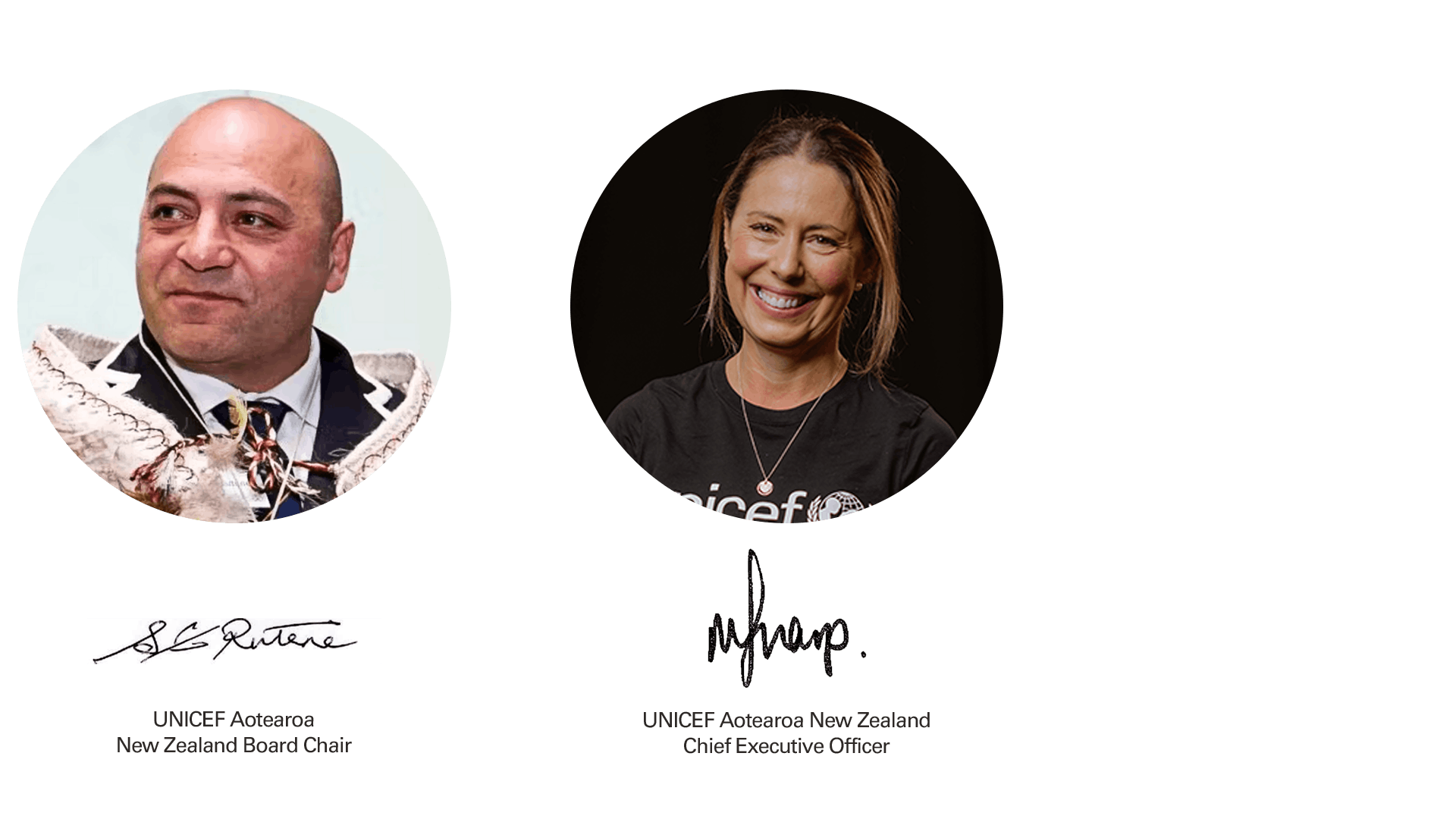
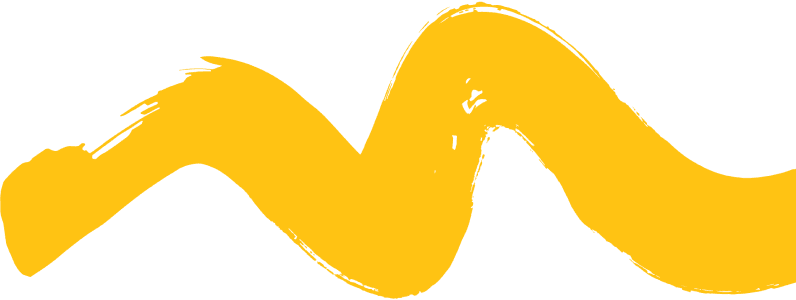
HOW ARE WE DOING?
Over the past five years, UNICEF Aotearoa shifted gears toward a new strategic direction so we can better meet our commitment to promoting the rights of kids. During this time, we’ve seen a trajectory growth in our annual fundraising efforts by 9.8%. Although 2023 was a challenging year for the charities sector globally, and our fundraising fell short of our ambition, we’ve continued to make significant steps on our strategic journey.
Built into our Strategic Plan is a Digital Transformation Change programme, reflecting UNICEF’s global digital transformation strategy that follows a framework set up for National Committees. We’ve since become a leader among National Committees in pursuit of this strategy that responds to changing consumer and donor preferences, addressing the declining impact of face-to-face fundraising, while increasing revenue channels, reducing costs and improving transparency.
Digital transformation takes time and investment, and we’ve seen significant steps in our digital maturity during 2023. The change isn’t just about introducing better technology; it’s an organisation-wide undertaking that encompasses our people and culture, processes, technology, data and analysis. All of this is in-pursuit of maximising our impact for every child, everywhere.

2023 HIGHLIGHTS
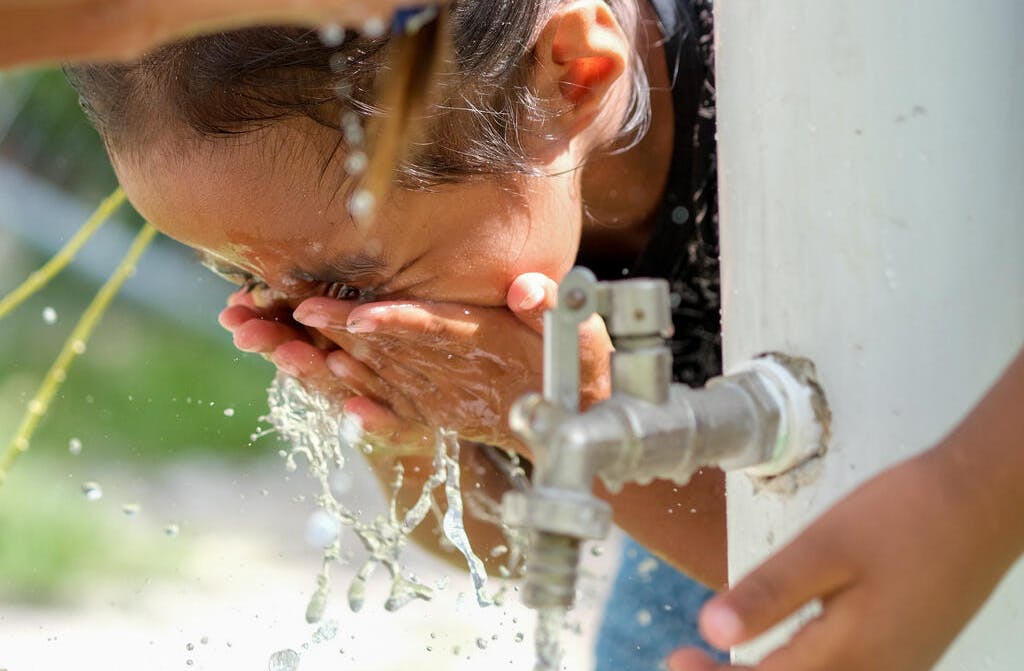
WATER IN THE PACIFIC
Every year Kiwis give generously to support the work we do for our Pacific neighbours. UNICEF Aotearoa runs various campaigns and programmes across several Pacific Islands through our negotiated partnership with the Ministry of Foreign Affairs and Trade, with support from the DC10 Fund in collaboration with Dan Carter.
From providing clean water and sanitation to schools and medical centers, emergency relief in the aftermath of climate disasters and long-term innovations to empower Pacific communities, you can read more about our work in the Pacific here.

2023 YAs
Seven passionate, young Kiwis were hand-picked in 2023 to amplify youth voices as UNICEF Aotearoa Young Ambassadors. From the climate crisis to the housing crisis, mental health to discrimination, these young people spoke up for rangatahi in Aotearoa.
As part of the programme, participants also receive specialist training and tons of support in wider youth engagement. Last year, The UNICEF Aotearoa Young Ambassadors were given the opportunity to attend the biggest event on the global climate action calendar, the United Nations Climate Conference (COP28) in Dubai.
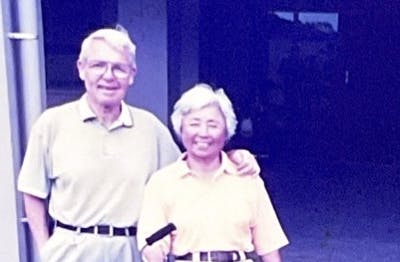
DEAKINS BEQUEST
Through a bequest received this year from a generous community-minded couple who lived in Tauranga, UNICEF will now have an incredible impact on the lives of children in New Zealand and around the world.
“By making this gift to UNICEF Aotearoa through their will, the Deakins have left an amazing legacy to children that will last well beyond their lifetimes. Some of the world’s poorest children will now have access to education, healthcare, and clean water thanks to their incredible generosity.” – Michelle Sharp, CEO of UNICEF Aotearoa.
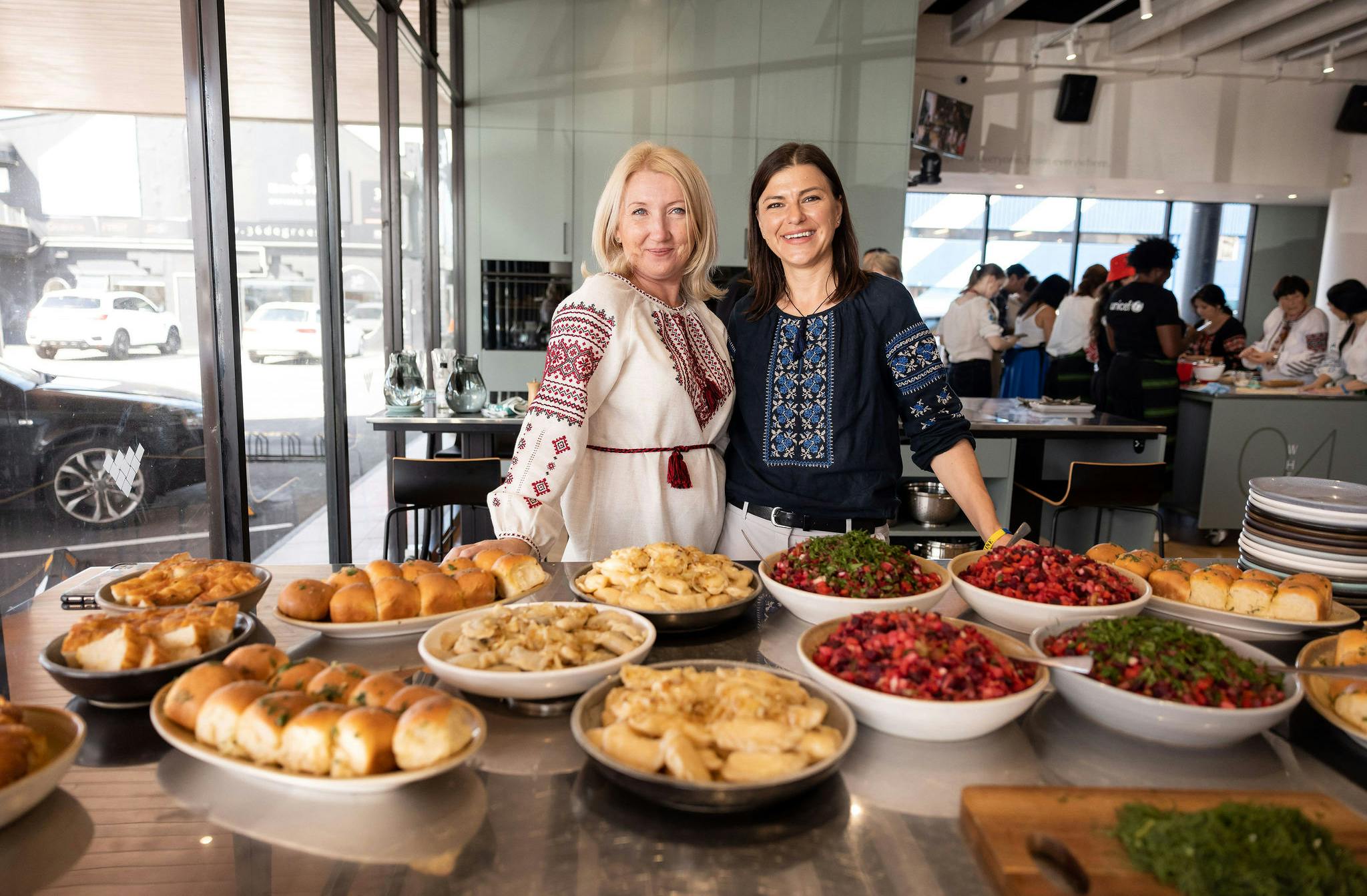
#COOKFORUKRAINENZ
UNICEF Aotearoa launched #CookForUkraineNZ in April 2023 with support from renowned Kiwi chef Peter Gordon and the Ukrainian Association of New Zealand.
The campaign invited Kiwis to come together over a dinner party, shared lunch, or bake sale to donate to the needs of kids enduring the horrors of war. Donations raised provided children in Ukraine with quality medical care and supplies, mental health support, warm clothes, clean water, school supplies, and safe spaces for them to continue their education. $7,981 has been raised so far by everyday Kiwis hosting their own #CookForUkraineNZ events. How cool is that?
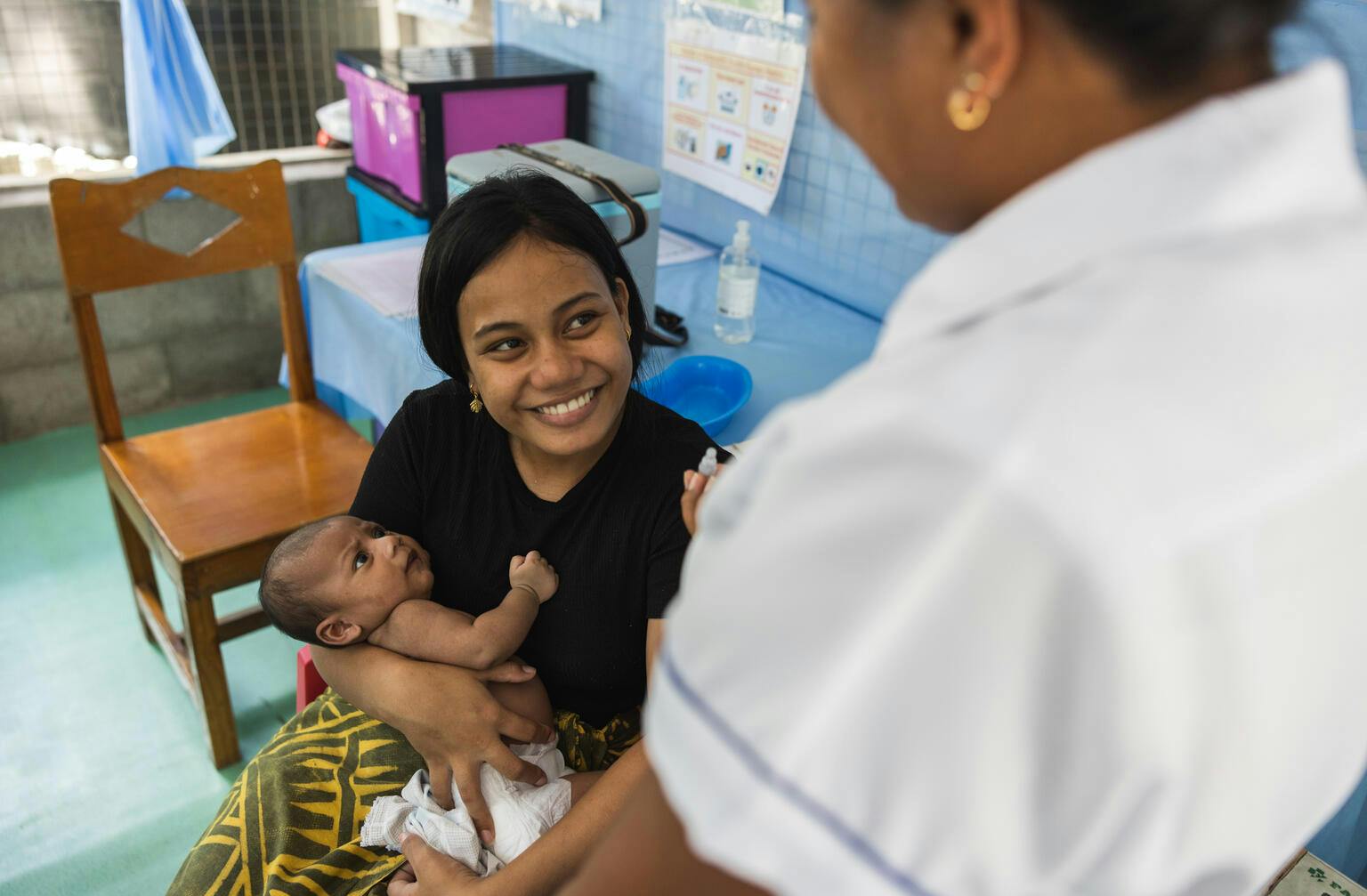
ROTARY
Nine Pacific countries have committed to greater protection for children against life threatening diseases by adopting an immunisation project implemented by UNICEF in partnership with Rotary, and in collaboration with Pacific Ministries of Health. Rotary International representative Michelle Tanner says the project reflects Rotary’s goals to save lives and do good in their own neighbourhood, as well as create multigenerational change.
In the Pacific, pneumonia and diarrhoea are among the top three causes of mortality in children under five. The Rotary ‘Give Every Child a Future’ project is a critical tool in combatting preventable childhood diseases that result in these symptoms. To date, fundraisers from Rotary have contributed US$3.9 million through the project.
“A lot of our goals match up with UNICEF’s goals. This programme is a beacon, and an example of what can be achieved,” says Michelle Tanner.
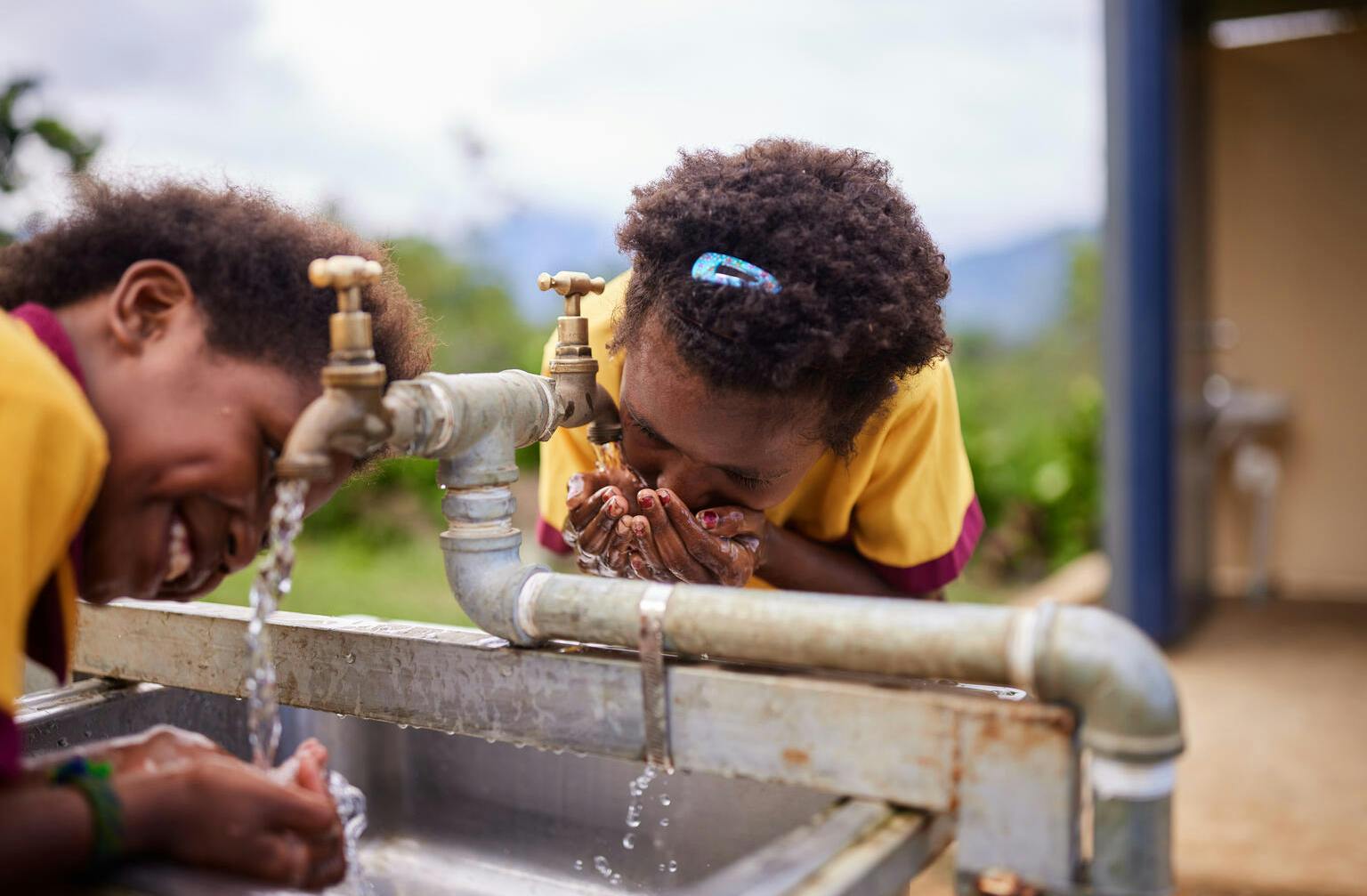
LATTER DAY SAINTS
In 2023, we celebrated the second year of our partnership with Latter-Day Saints Charities. Latter-Day Saints Charities is a not-for-profit, non-governmental organisation undertaking humanitarian work worldwide and is a part of the Church of Jesus Christ of Latter-Day Saints. In the Pacific Islands, the Church focusses on serving some of the most vulnerable communities through support for UNICEF Aotearoa’s partnership with the New Zealand Government.
The Latter-Day Saints Charities invested more than $1.4 million giving students in Vanuatu, Solomon Islands and Papua New Guinea access to WASH facilities, including handwashing stations and toilets, and delivering early childhood care and education programmes in Papua New Guinea.
KEY FUNDRAISING RESULTS
NGĀ KOHINGA HUA
In 2023, thanks to our generous donors, we raised $13.9 million to change the lives of thousands of kids in need, around the world and here at home!
Over the past year, Kiwi donors got behind several key fundraising campaigns for children in countries and regions that were hit by natural disasters or conflict. Below is a summary of UNICEF Aotearoa’s fundraising in 2023 – in the following section “Our International Impact” you’ll see where those funds went to help kids in need.
As always, our Pacific neighbours were a key focus for New Zealand donors and UNICEF’s work in the region has continued to help many thousands of children and families in need.
In 2023, Kiwis were also moved to respond to wider international events, including UNICEF’s work to:

$989,686
Raised to provide life-saving humanitarian support to the children impacted by fighting and hostilities in Gaza.

$179,645
Raised to support for children and families hurt or displaced by two years of conflict in Ukraine.

$193,581
Raised to help children impacted by the 2023 earthquake that hit south-east Türkiye, near the Syrian border.

$45,915
Raised to aid flood victims after Storm Daniel swamped north-eastern Libya with sudden, torrential rains that caused widespread and catastrophic flooding.
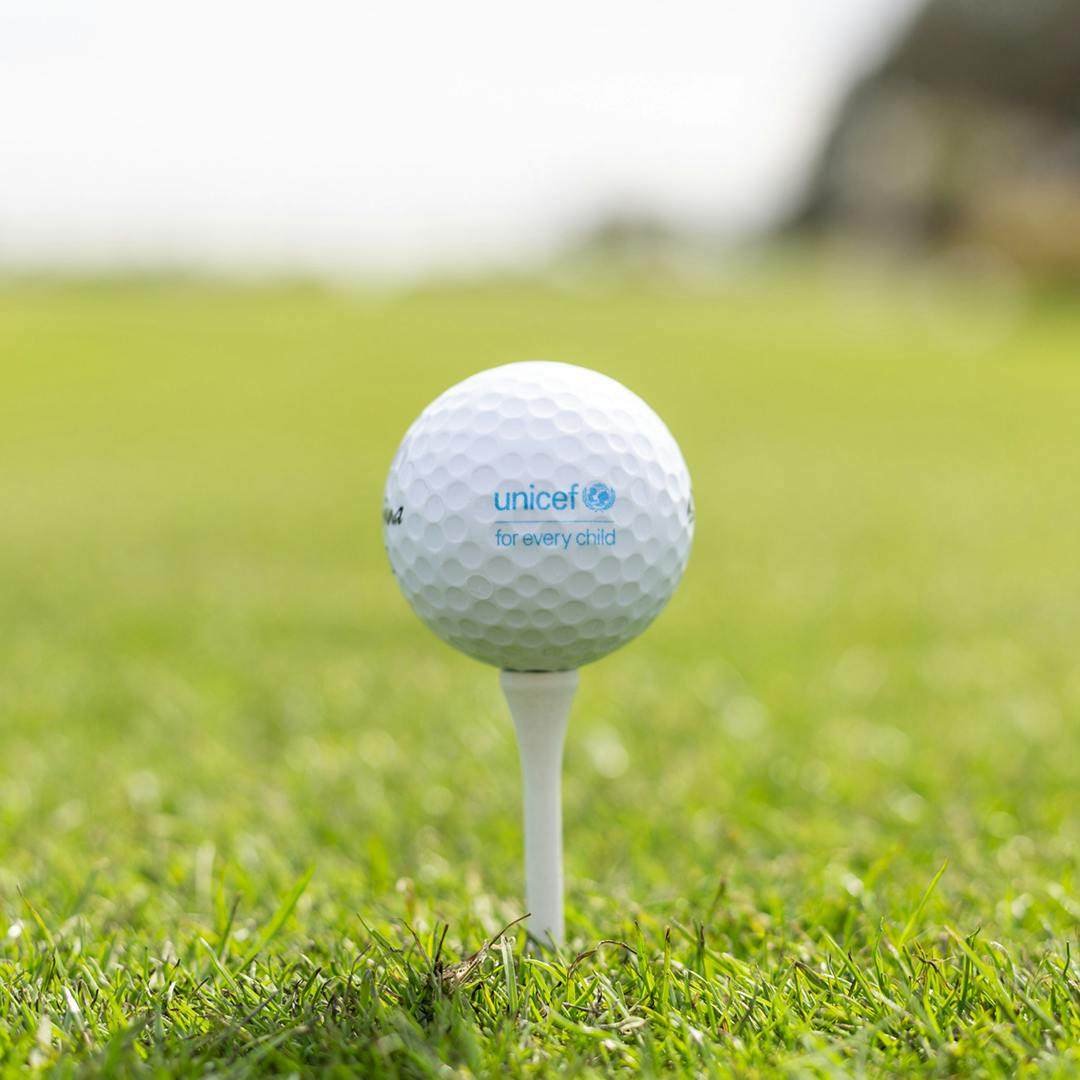
DEAKINS BEQUEST
We’re honored to highlight the significant contributions of individuals who’ve made a lasting impact on children’s lives worldwide. An example of such generosity comes from the Deakin couple, whose Gift in Will donation stands out as one of the largest the organisation has received in the past decade.
Their contribution will enable substantial advancements in our programs, benefiting kids in need across the globe. Gifts like this one serve as a beacon of hope and set a monumental example of how leaving a share in your estate to UNICEF can make a profound difference in humanitarian efforts. It ensures a positive future for every child, demonstrating the powerful legacy one can leave behind.
To celebrate this wonderful gift and to commemorate the life of the Deakins, UNICEF Aotearoa, together with the Omanu Golf Club, hosted the inaugural Deakin Memorial Cup in October 2023, which will now become an annual event.
THE PACIFIC
Our Pacific neighbours are close to New Zealand hearts and each year Kiwi donors support the many campaigns organised by UNICEF Aotearoa to support Pacific children and families in need.
Our work in the Pacific is two-fold. We are on the ground year-round to provide support and lifesaving water and sanitation and early childhood education programmes. And we respond to emergencies as they happen to assist children and their families.
In 2023, this included:
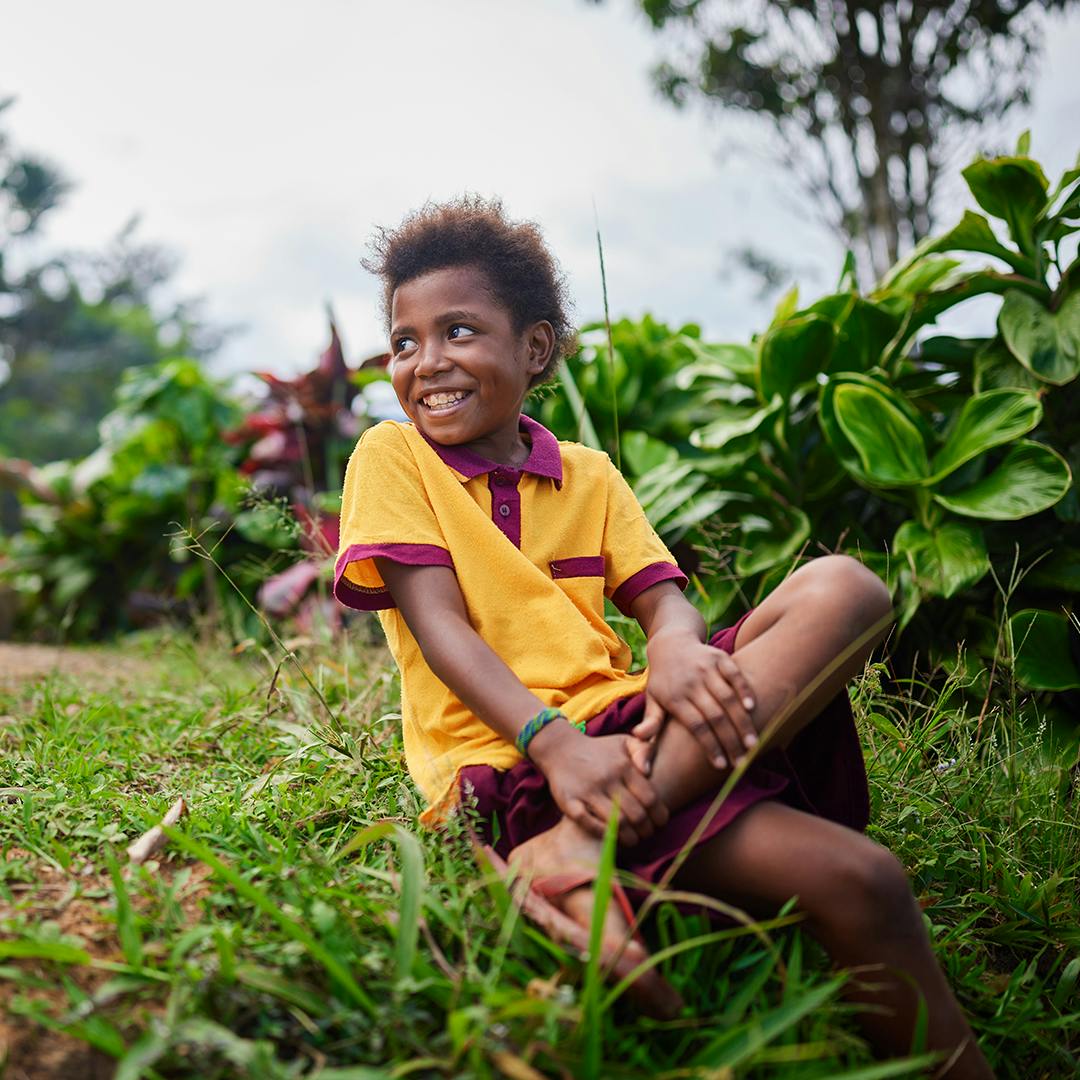
Fundraising
Our ongoing appeal to support UNICEF Water, Sanitation and Hygiene, and Early Childhood Care and Education in the Pacific programmes.
Our partnership with the NZ Government
A multi-year, multi-sector $16 million agreement to make a difference for tamariki in five Pacific countries.
Immunisation
Our partnership with Rotary to roll-out an immunisation project that will protect up to 100,000 children in nine Pacific countries from potentially deadly illnesses.
DC10 Fund
Led by sporting legend and UNICEF Aotearoa Ambassador Dan Carter to shine a light on the issues facing kids in the Pacific.
UKRAINE
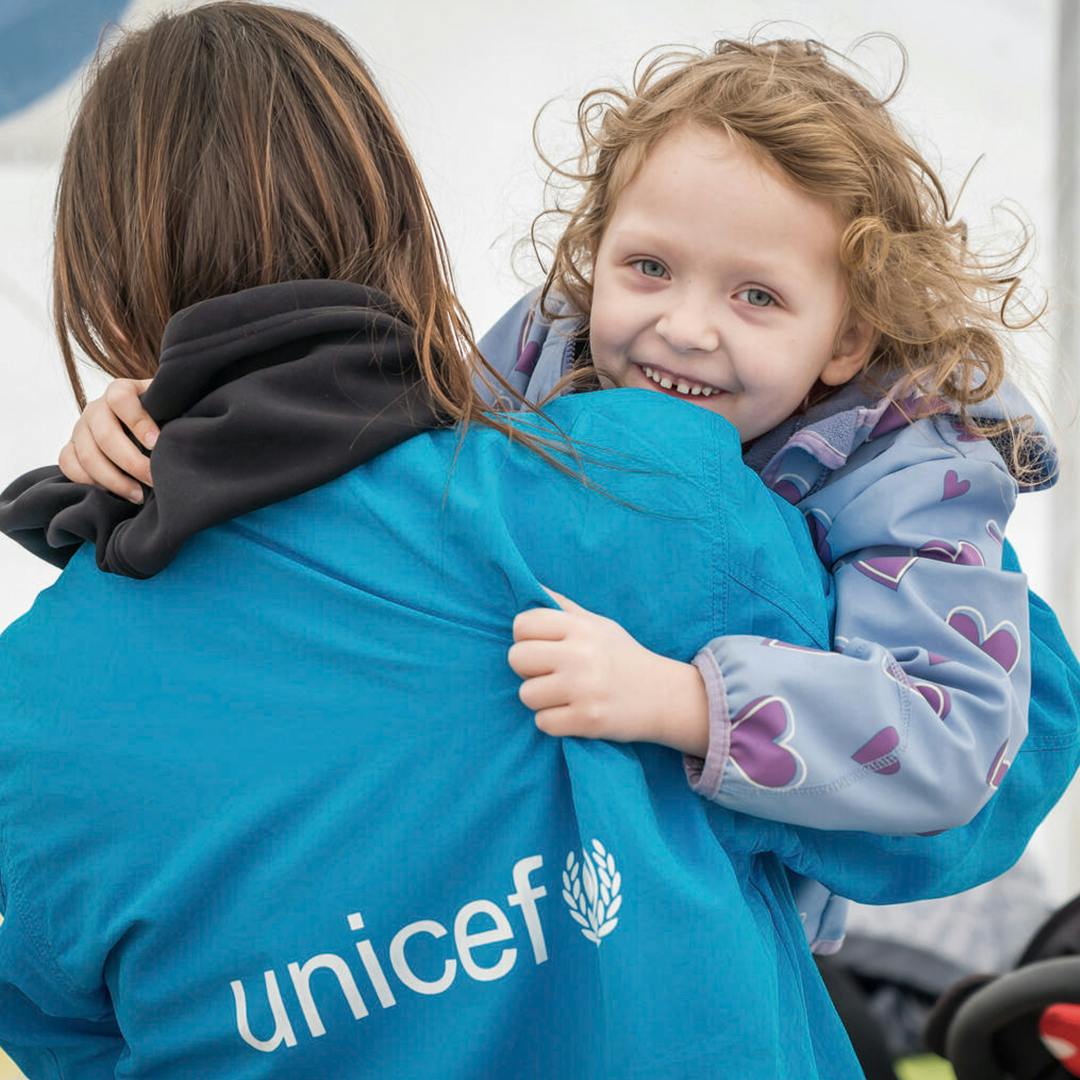
Two years of conflict has changed the lives of Ukrainian
kids forever.
Thousands of kids have been killed and injured, millions
have been forced to flee their homes and those left behind
are struggling without clean water, sanitation, healthcare
and education.
The situation for children and families in Ukraine
remains horrific. But it’s not without hope.
You helped us deliver:
Emergency response
After the destruction of the Kakhovka Dam, UNICEF provided life-saving support to over one million people, including safe water, hygiene supplies, health consultations, psychosocial support and cash assistance.
Winterisation response
Reached 45,416 children aged 1 to 14 years (21,928 girls) with winter clothing kits and 14,548 children have received cash assistance to support their critical needs over the winter period.
Case management
1,900 children returned to biological families, 5,100 children under guardianship and at risk of institutionalisation and 169 children (81 girls) affected by explosive weapons.
Social protection
1,105,241 girls, boys and women survivors or at risk of gender-based violence (including 7,503 children with disabilities) were provided with prevention, risk mitigation and response services.
GAZA
2023 saw an increase in tension and violence across the
State of Palestine.
At least 22,185 Palestinians were reportedly killed in the Gaza Strip from 7 October to 31 December 2023, including more
than 5,350 children.
New Zealanders came out in strong support of these kids,
giving generously to help UNICEF reach more than 1,300,000
affected people.
This past year, UNICEF provided:
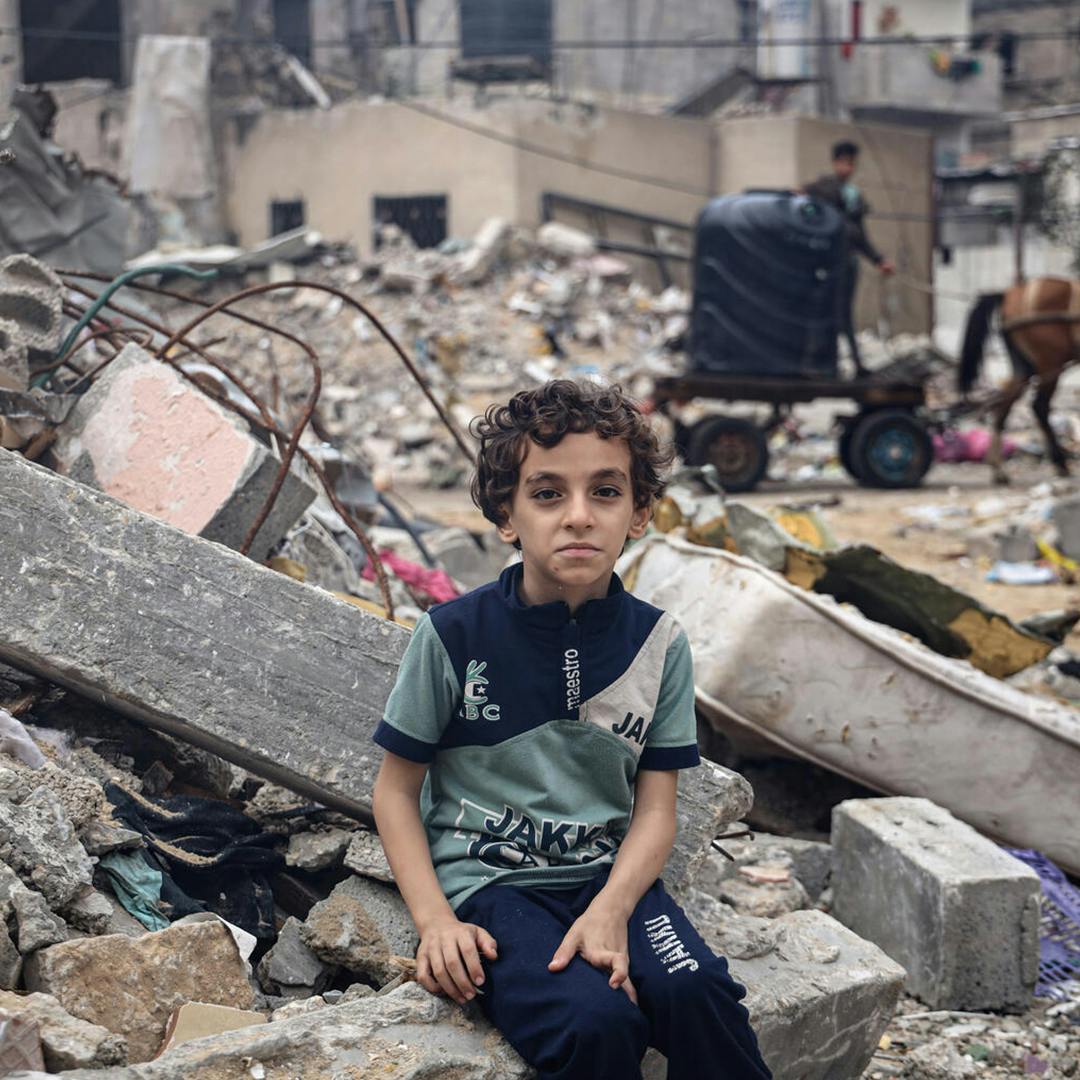
Water, sanitation and hygiene
Provision of lifesaving water, sanitation and hygiene services reaching 1,326,000 people, including over 676,260 children.
Vaccines
Delivery of over 966,000 doses of vaccines.
Cash assistance
Financial help in the Gaza Strip to meet the basic needs of 74,354 families, including 296,306 children.
Child protection
Mental health and psychosocial services in the West Bank to 6,641 children and 8,612 caregivers.
TÜRKIYE
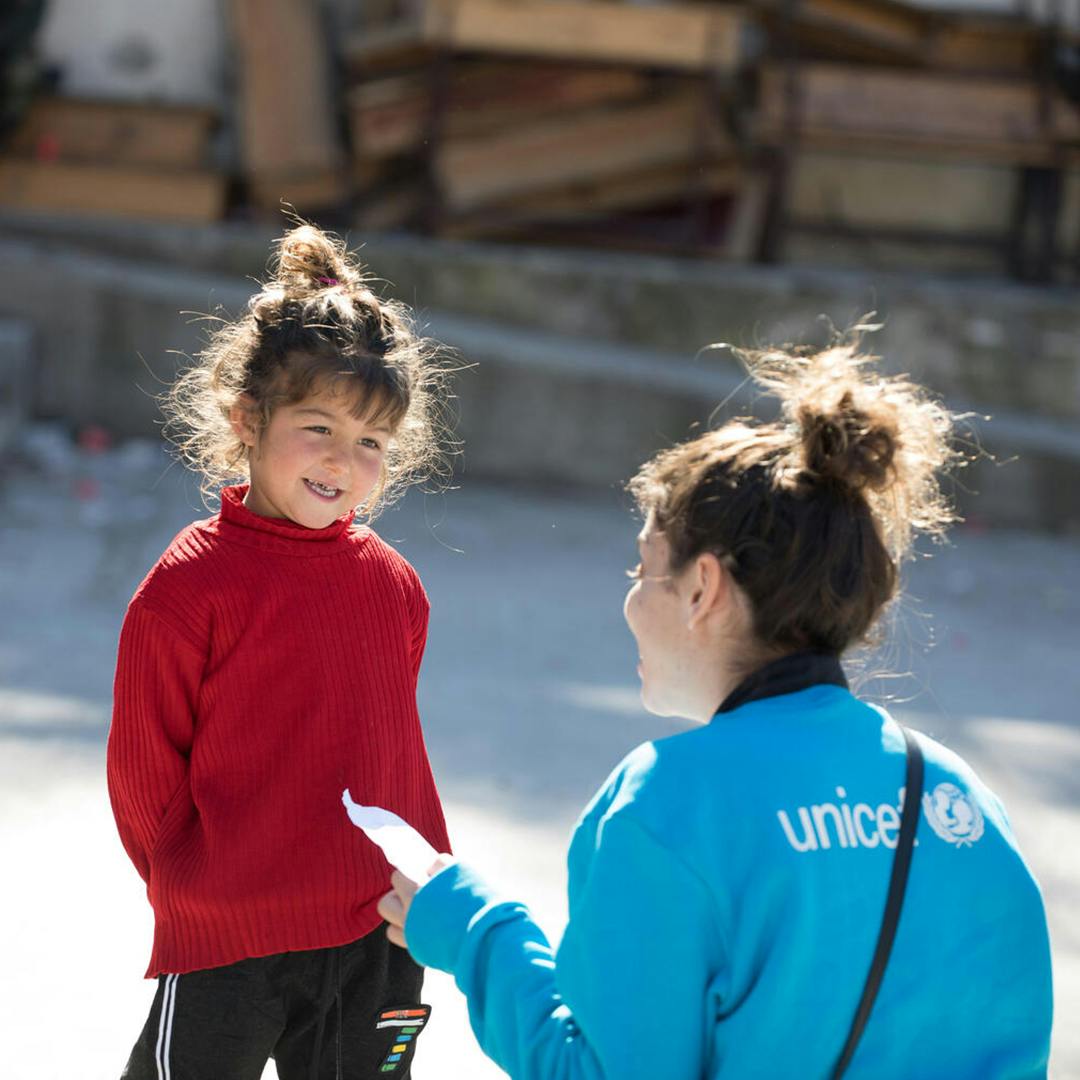
On 6 February 2023, two major earthquakes with magnitudes
7.7 and 7.6 struck southeastern Türkiye.
15.6 million people were impacted, including 1.8 million refugees, in 11 provinces.
As of November 2023, 7.9 million people, including 3.2
million children, are still in need of humanitarian assistance.
Your donations enabled:
Psychosocial support
Mental health support reached 1,556,846 children and caregivers, and 3.6 million women, boys and girls with gender-based violence mitigation messaging and awareness.
Water
Supported access to safe water for 3,081,291 people.
Hygiene supplies
For 758,817 people including family, baby hygiene kits as well as hygiene kits for people with disabilities.
Essential supplies
Support also included provision of sanitation services, education access, clothing and essentials, and immunisation.
LIBYA
UNICEF’s humanitarian programmes in Libya work to help
the most vulnerable children and families in collaboration
with Government and other agencies.
In 2023, Storm Danial hit the region with disastrous consequences, making UNICEF’s work more important
than ever.
This work included:
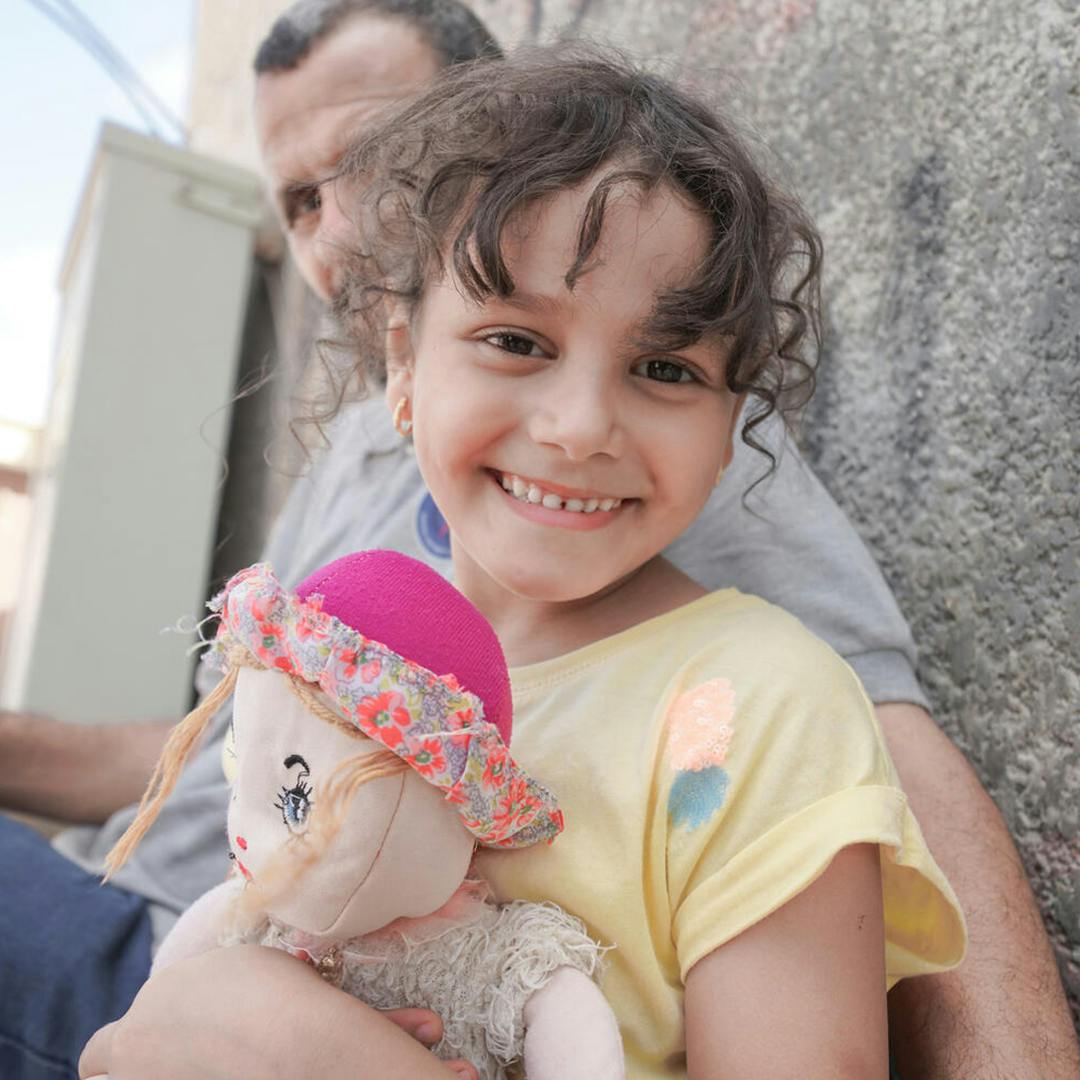
Water
Rehabilitated five boreholes benefiting 50,000 residents in Derna, Shahat, and Albayda.
Supporting mothers
Established mother support groups in 64 municipalities, reaching 43,112 mothers.
Education
Assisted 19,517 children access remedial classes in schools.
Emergency response
Provided essential health supplies and services for 390,000 people.
THE GREATEST NEED
Every moment matters in an emergency. When a crisis hits, everything stops. Every second, every minute, every hour counts for vulnerable kids around the world.
That’s why we’re always there, in under 48 hours, rapidly responding with humanitarian supplies to save lives. It’s also why we need your help with donations, so we’re always ready for when the next disaster strikes. We’re grateful to the donors who, every year, support UNICEF regularly to deliver aid, wherever the area of greatest need might be.

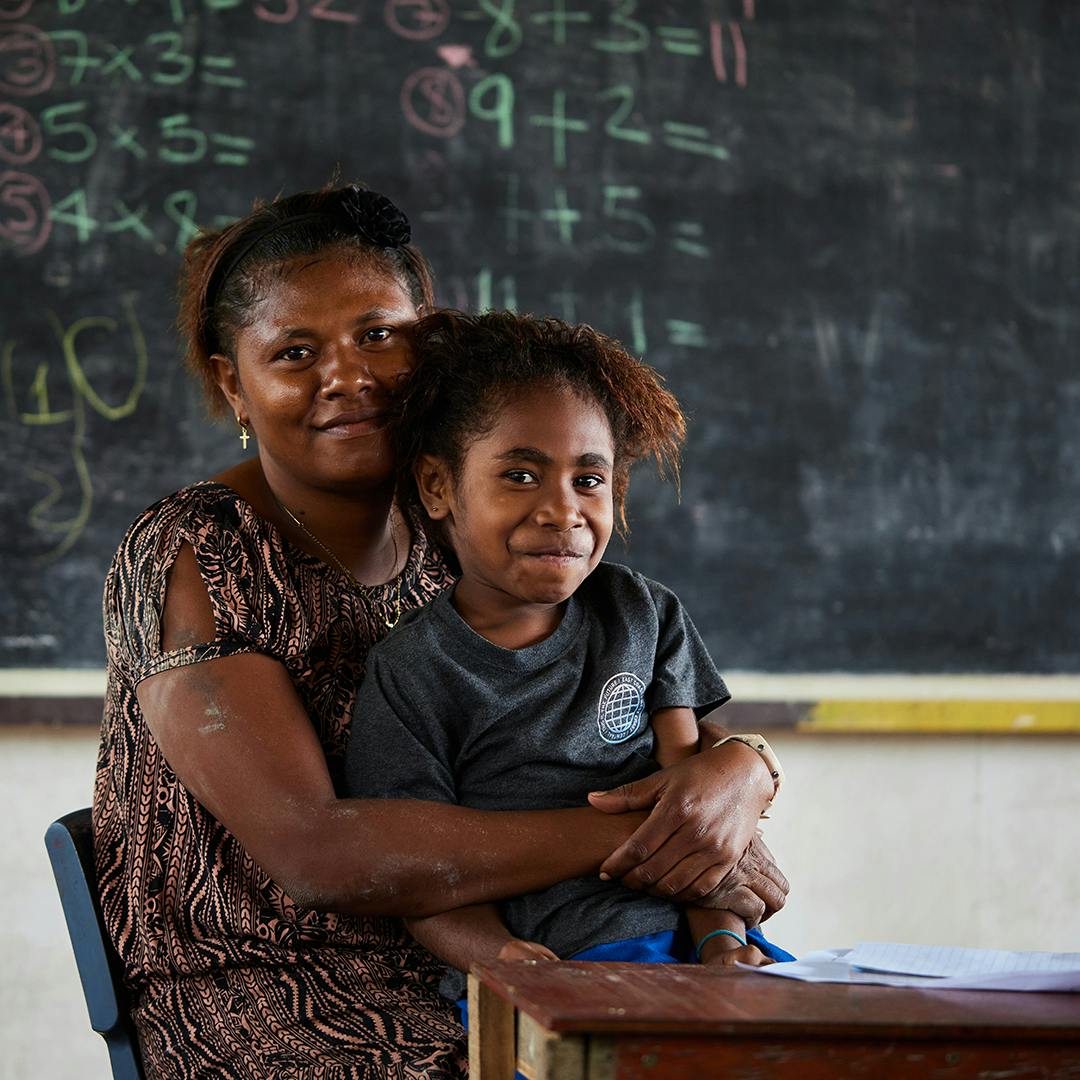
Partnering with our Pacific neighbours is one of our top priorities at UNICEF Aotearoa. Through the generous donations of our partners and everyday Kiwis, $4,371,481 was raised for children in the Pacific and Southeast Asia.
2023 saw Kiwis rally to support kids and their families affected by a series of cyclones that battered Vanuatu. Support continued across the Pacific through ongoing programmes to provide access to clean water and sanitation and increase access to early childhood education.
Along with our dedicated individual donors, our ambassadors, corporate and community supporters, and our partnership with the New Zealand Government, the NZ International Development Cooperation Programme played a massive part in advancing children's rights to survival, protection, development and participation in the Pacific and Southeast Asia.


OUR PARTNERSHIP WITH THE NZ GOVERNMENT
Te rangapū i waenga i ā mātou ko te kāwanatanga ō Aotearoa
A key role for a National Committee is to support UNICEF’s relationship with the Government of the day in that territory. This includes facilitating and encouraging Government contributions to UNICEF.
In June 2021, we entered into a co-investment agreement with the New Zealand Government. The partnership, in collaboration with the Ministry of Foreign Affairs and Trade, spans multiple years, countries, and sectors in the Asia-Pacific region.
It merges New Zealand's aid funding, UNICEF Aotearoa donor contributions, and UNICEF's expertise in child rights-focused international development. The objective is to create sustainable improvements in early childhood care, education, and health for children in participating countries to make sure they have a healthy and nurturing environment for optimal development.
Key goals include access to quality early childhood education, providing parental training and support, and improving access to essential water, sanitation, and hygiene services for children and families. Through this partnership, the aim is to empower kids to start their lives positively - so they can thrive, no matter where they live.
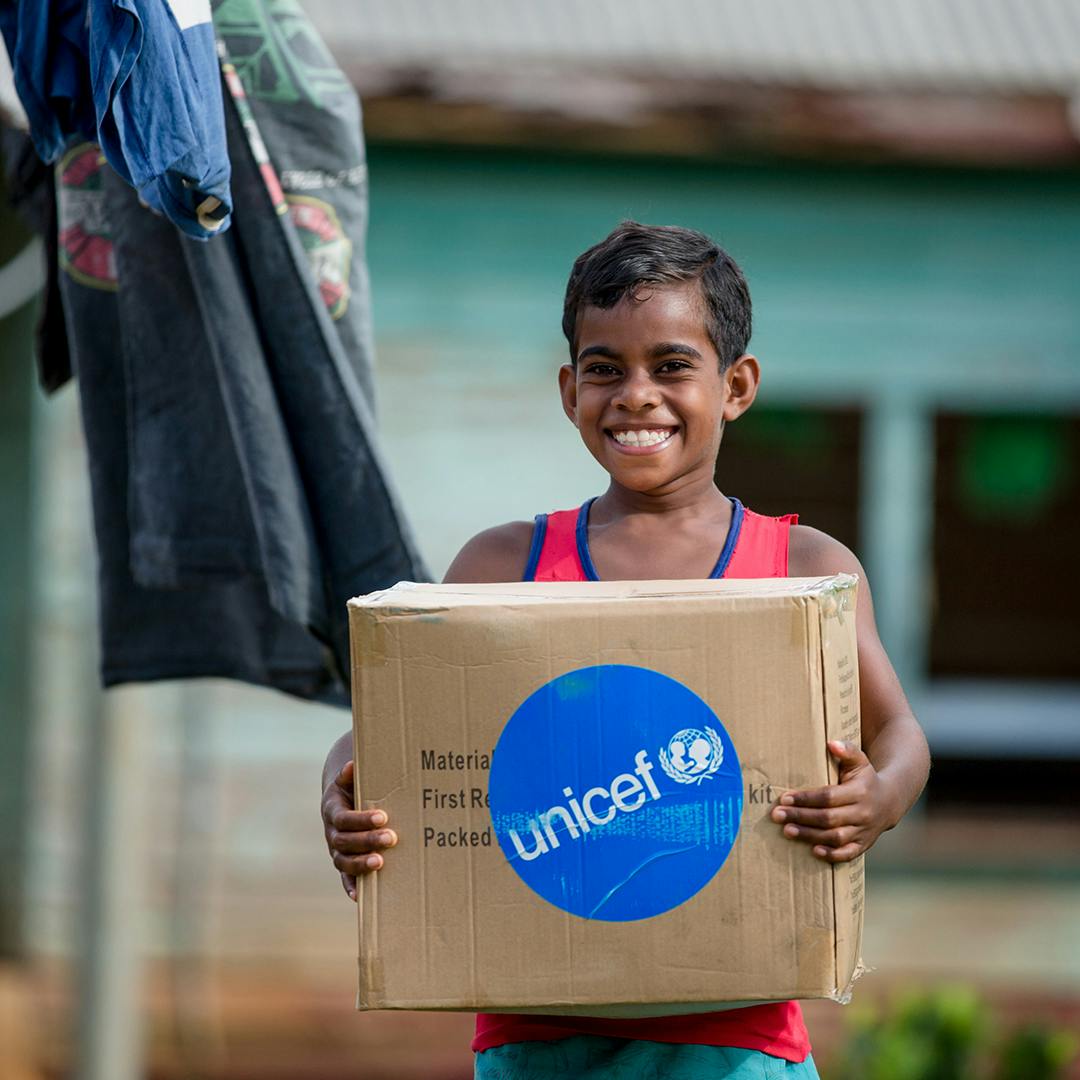
NEGOTIATED PARTNERSHIP 2022 & 2023
In the second year of the Negotiated Partnership Programme, UNICEF has made significant progress in education and water, sanitation and hygiene despite challenges like national elections, civil unrest, the impacts of COVID, inflation, and financial uncertainty.
Below are some of our key achievements so far.
Early Childhood Education
106 community-based preschools, providing education to 3,255 tamariki.
Primary Education
Progress of 913 children to formal primary education and launching the first ECCE Curriculum in Kiribati.
Water, Sanitation and Hygiene
Access to clean water and sanitation was improved in 104 schools across several countries.
Positive Parenting
Over 5,000 parents received positive parenting messages.
Here’s what the partnership has achieved between 01 July 2022 and 30th June 2023
(Targeted figures across the life of the programme)
Number of students accessing water, hygiene and sanitation facilities
Number of children benefiting from Early Childhood Development through alternative approaches to Early Childhood Care and Educaton
Number of children and adolescents in targeted areas living in an environment free from violence, abuse, and exploitation
UNICEF's Programmatic Approach has shown impact across sectors and countries by maintaining a global approach with individualised applications to support in-country governments. Despite challenges like inflation and COVID-related restrictions, UNICEF managed to continue monitoring and programme activities. The programme faced financial challenges due to inflation and COVID impacts, leading to delays in planned activities, but a solid utilisation rate of 77.5% was achieved in Year 2.
Looking ahead to Year 3, there’ll be a focus on increasing construction of more clean water and sanitation facilities, with works in Kiribati and Solomon Islands set to be tendered. A Mid Term Review will assess progress and lay the groundwork for the programme's second half and post-programming plans.
Flexibility and adaptation have been key in navigating challenges
and ensuring continued success!

POSITIVE PARENTING
INFLUENCES PNG FATHER
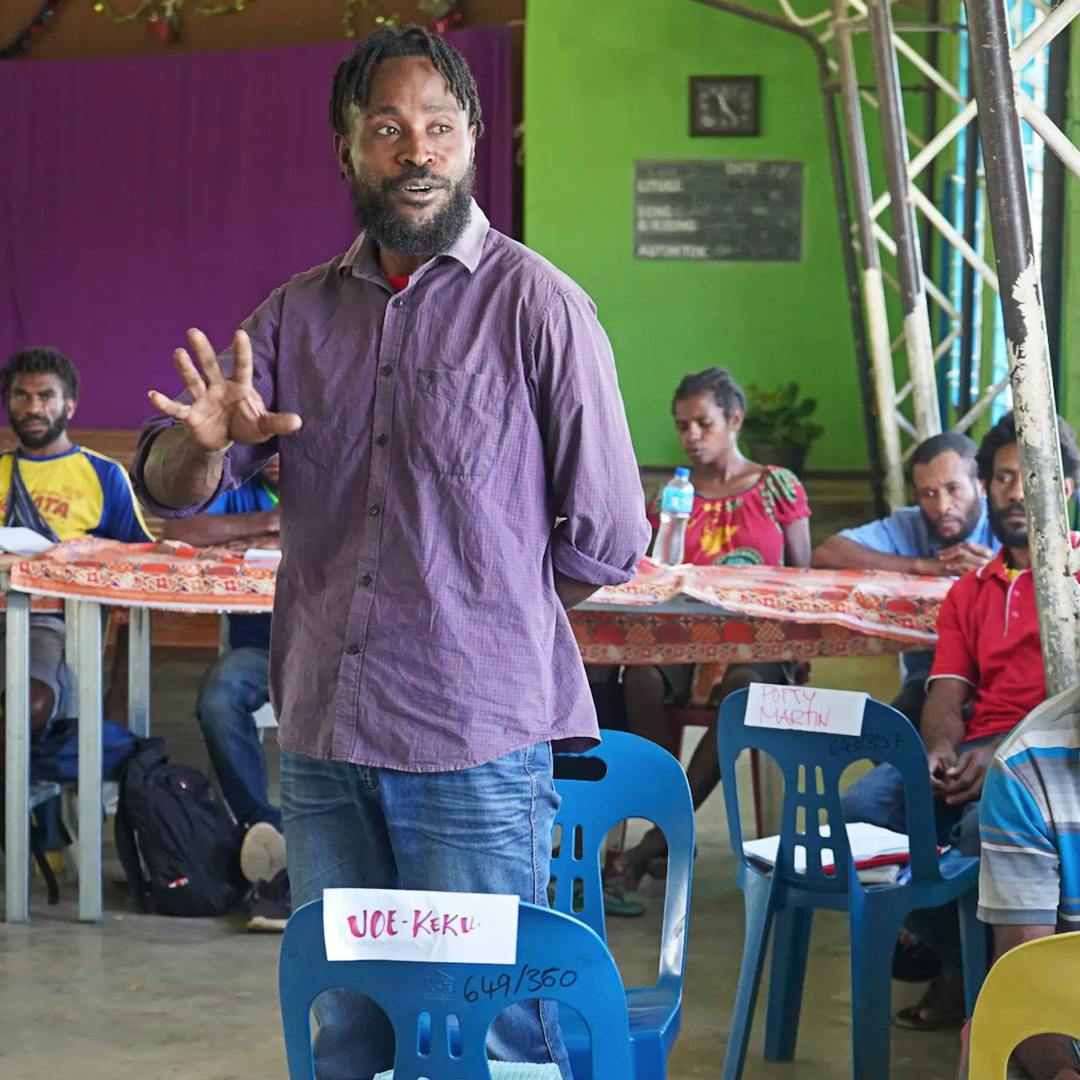
The power of positive parenting was a key takeaway for youth leader and father-of-three Joe Keku (32), after attending a UNICEF Parenting for Child Development orientation at Boana Station, Papua New Guinea.
Joe and 25 other young people are being trained as Village Health Assistants to provide basic health support in their local communities. In 2023, this training was expanded to include orientation on child protection in a UNICEF pilot initiative.
Under the programme approach, supported by UNICEF Australia and UNICEF Aotearoa New Zealand, volunteers like Joe learn important information about child protection.
Joe says: “I always used to hit my children to discipline them, sometimes with tree branches if they made me very angry. Now, I have learned that you can discipline children in a loving and caring way without physically hurting them.”
THE STORY OF BERETI
Bereti’s story helps us understand exactly how our fundraising efforts can make a positive difference in a child’s life. Her name has been changed to protect her identity, but her story is like many Pacific kids.
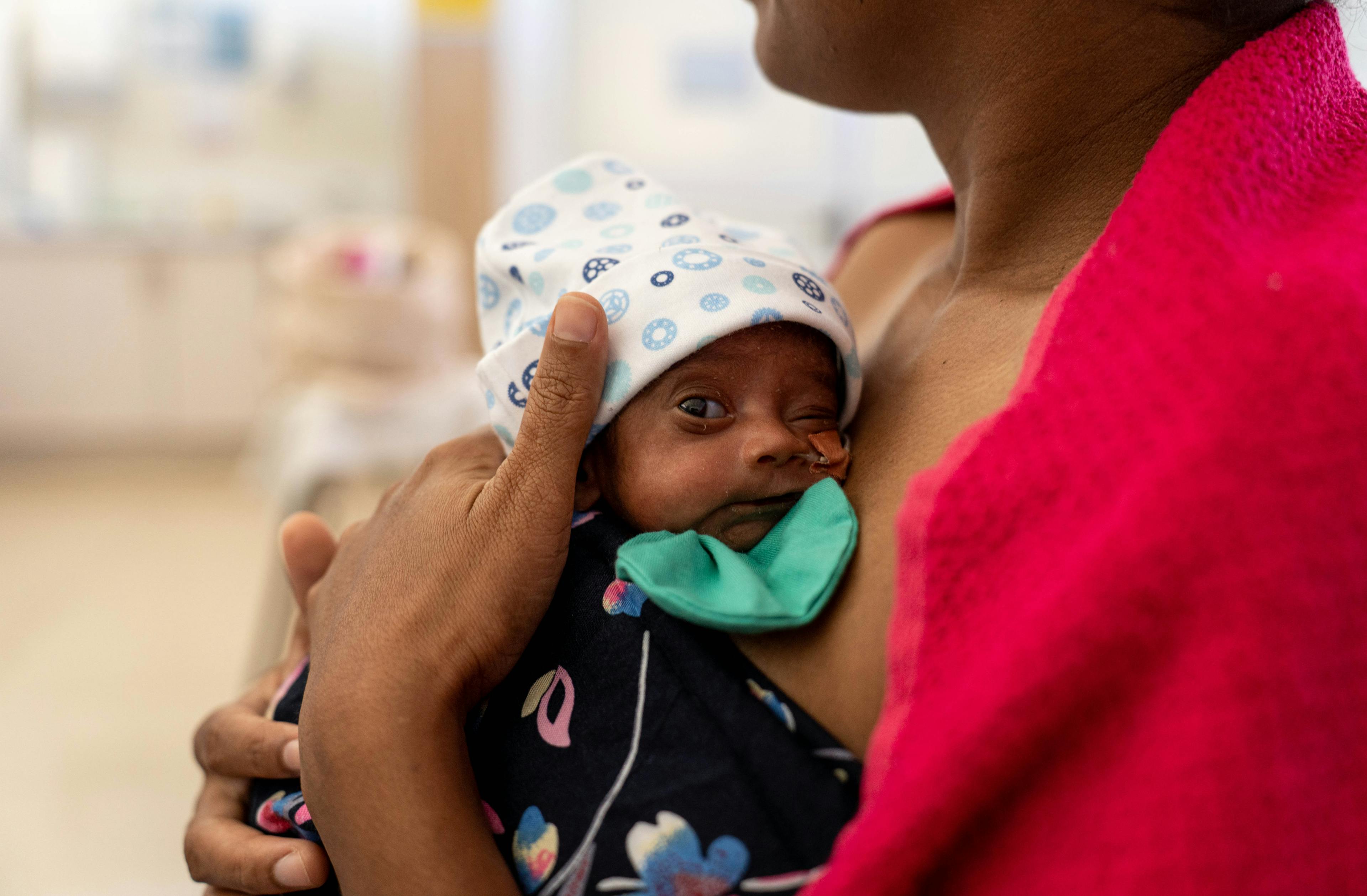
BIRTH
Bereti was born early in Vila Central Hospital in Port Vila Vanuatu and her mum was supported by the Vanuatu Saving Lives Spreading Smiles programme, run by UNICEF and local partners, that works to strengthen health systems and community knowledge in early essential newborn care.

VACCINATIONS
Bereti needs her routine, life-saving vaccines to protect her against preventable diseases. Local UNICEF health workers run a clinic for parents.

EARLY EDUCATION
When she’s two, Bereti’s parents enrol her in a local kindergarten, which follows a curriculum developed by the government with support from UNICEF. Her kindergarten has gender-segregated toilets and clean drinking water, funded by UNICEF’s water, sanitation and hygiene programme.
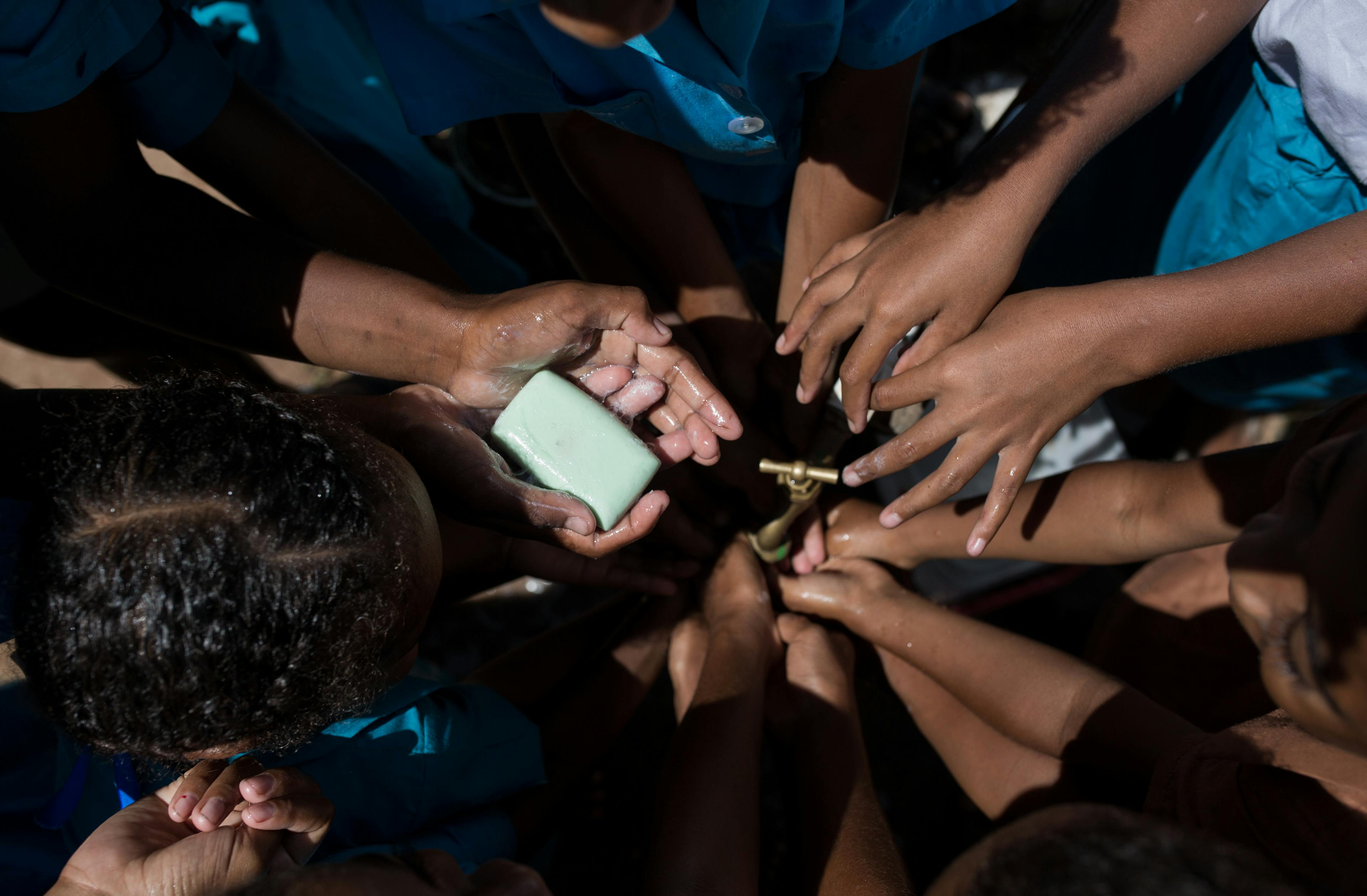
PRIMARY EDUCATION
Bereti and her friends begin primary school. Their school has climate-resilient water and sanitation facilities, including toilets and clean drinking water for students, which was installed by UNICEF staff a year earlier.
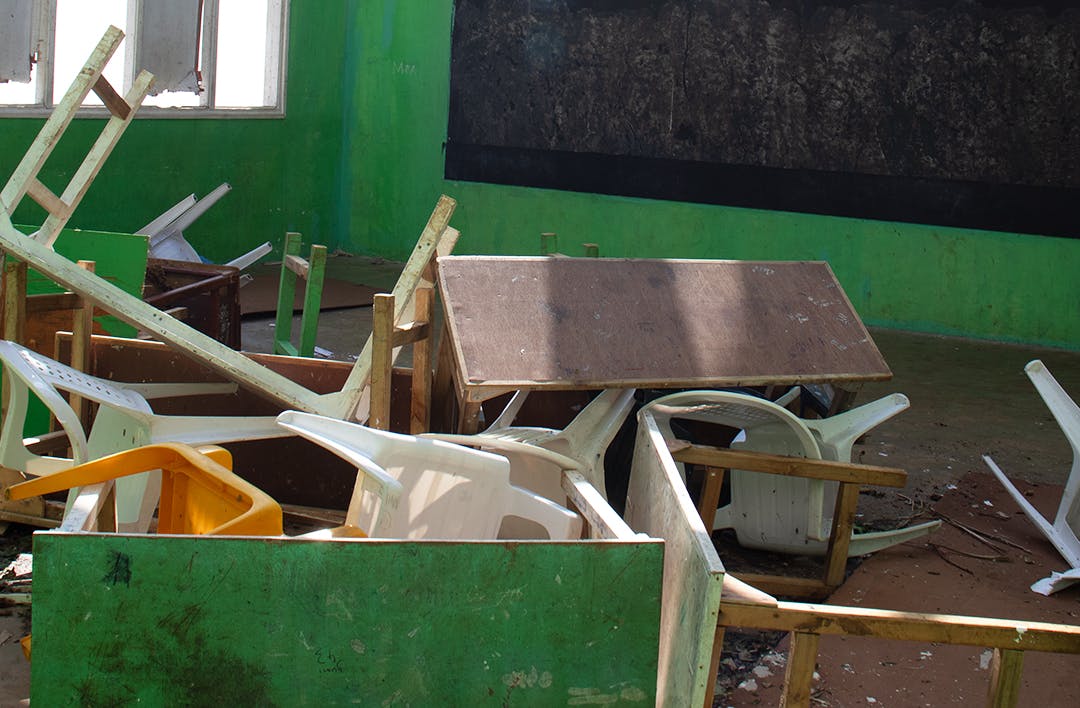
EMERGENCIES
When Bereti’s nearly 11 years old, a category 4 cyclone makes landfall on Vanuatu. Bereti has experienced cyclones before, but none as devastating as this. As part of a coordinated response, UNICEF leads the water, sanitation and hygiene response, as well as providing immediate support through a variety of kits with essential supplies.
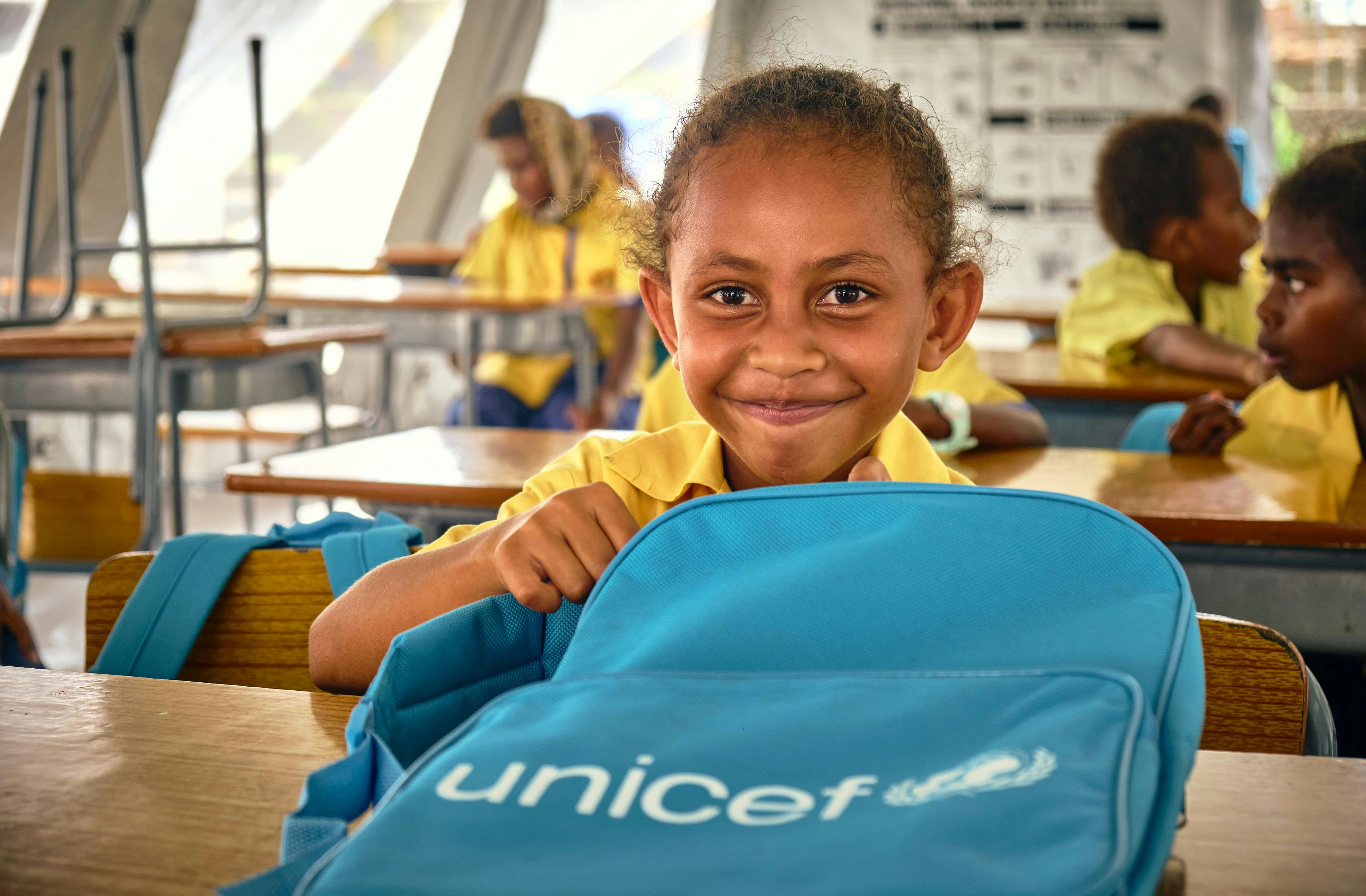
EDUCATION
Bereti’s school is unusable due to a damaged roof. UNICEF had pre-positioned supplies in a warehouse Port Vila, including large tents designed to be used as temporary classrooms and school halls, and UNICEF’s School in a Box kit helps to keep classes running.
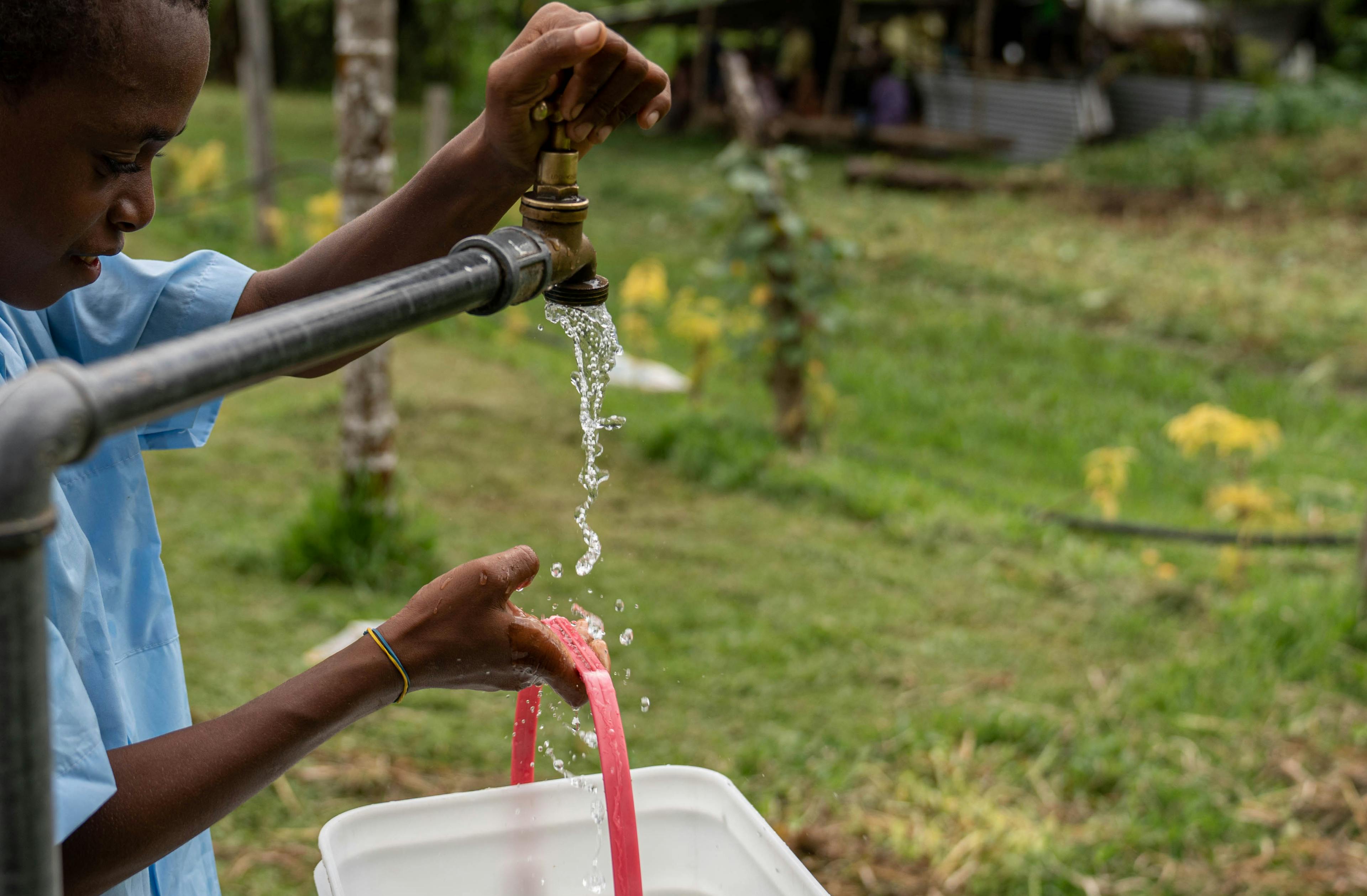
WATER
Bereti and her family lost the water tank at their house, but UNICEF had also installed a borehole in her village. Until their tank is repaired, the family have access to a nearby source of clean water.
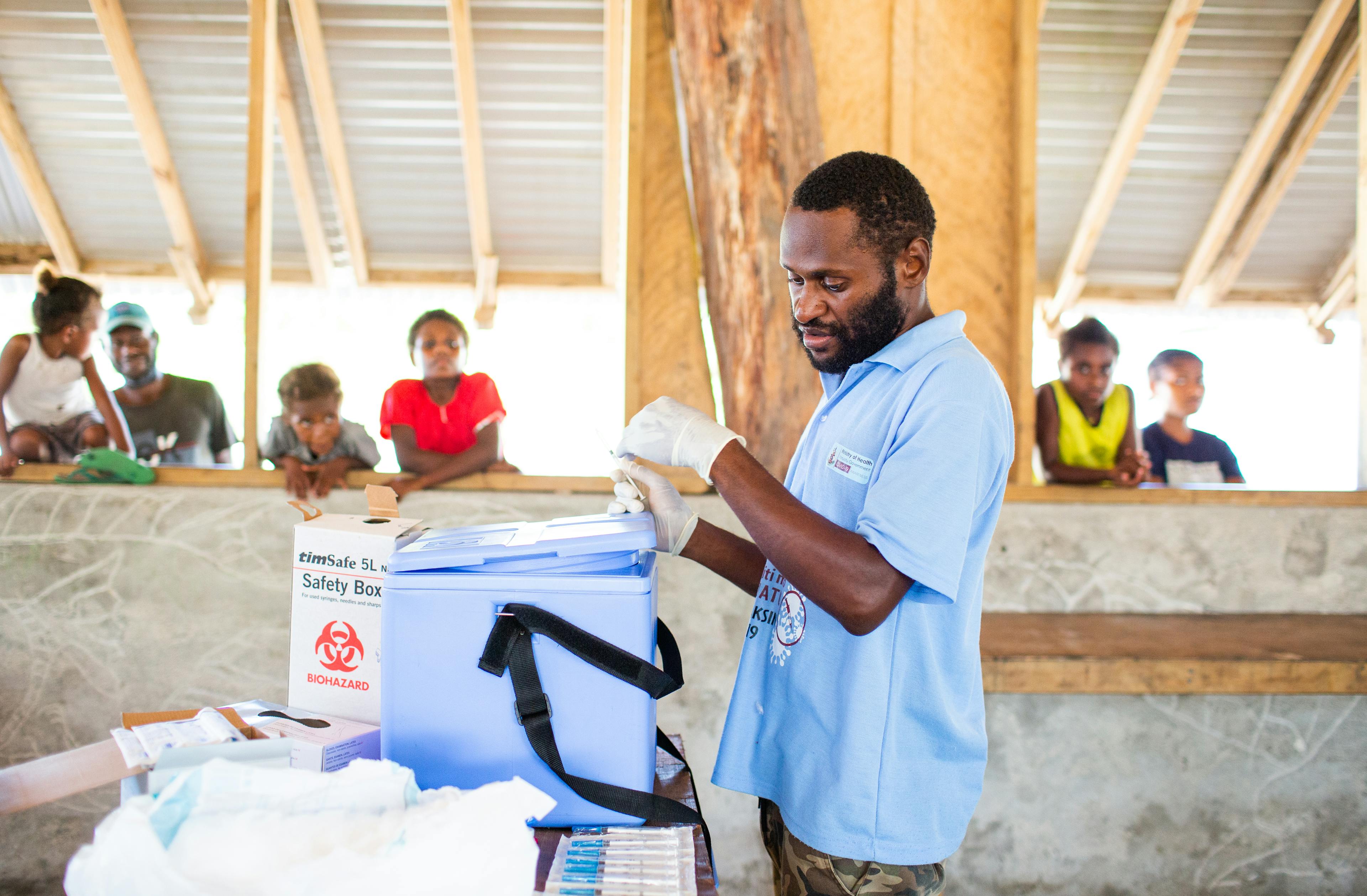
COMMUNITY
Bereti’s neighbour, who lost his crops in the cyclone and has a family with four children to provide for, has been given an emergency cash transfer by UNICEF. UNICEF’s health team have set up emergency clinics in Bereti’s village where kids can receive routine medical care.
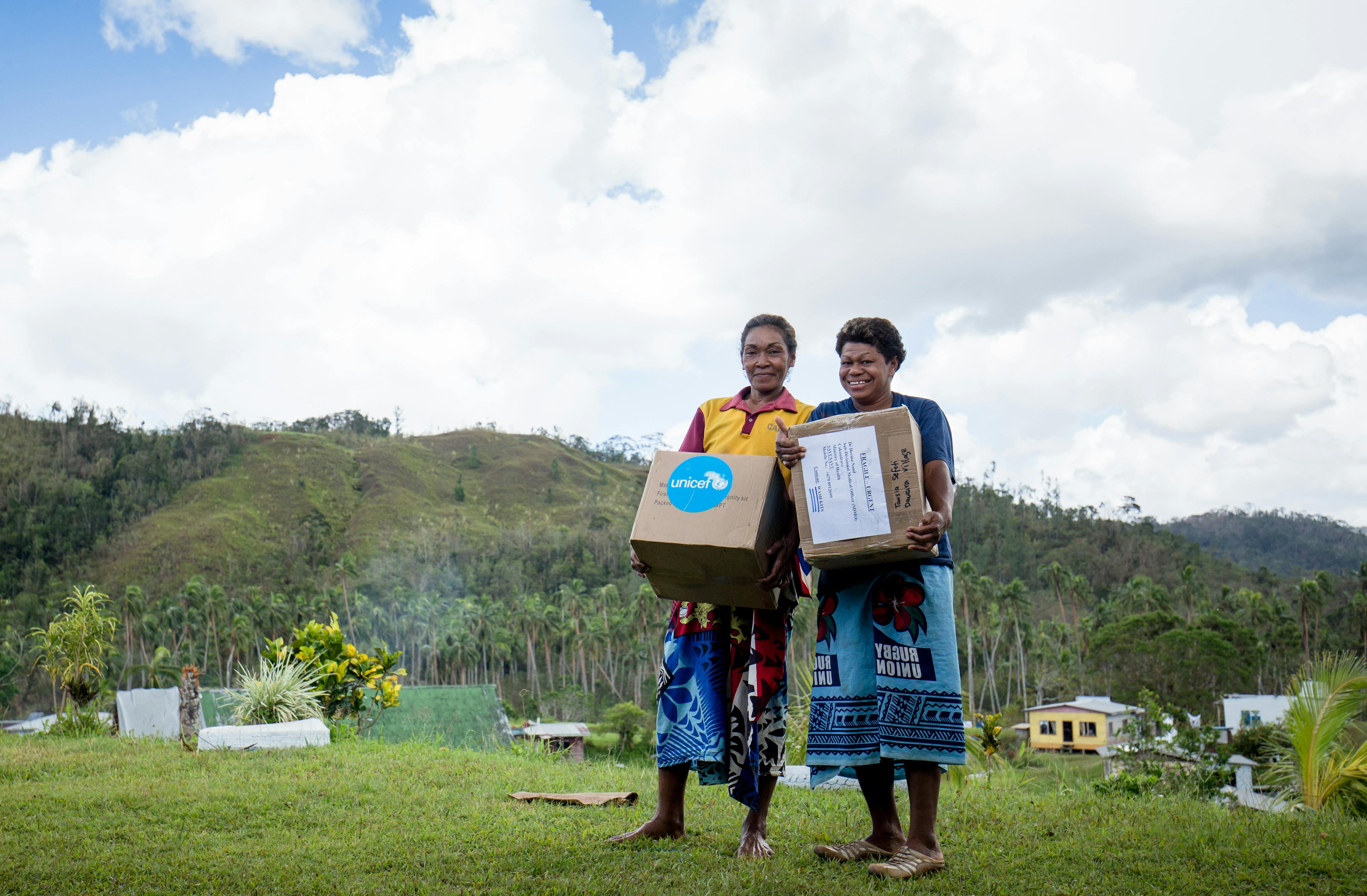
BUILD BACK BETTER
UNICEF has been in the Pacific Islands for 50 years. Following the cyclone, UNICEF will seek funding to backfill the pre-positioned supplies in the Port Vila warehouse, work with the government and partners to ensure all development work is climate resilient, and continue building our Disaster Risk Reduction strategy, ensuring communities are prepared as they can be for future climate shocks.

OUR DOMESTIC ADVOCACY PROGRAMME
Advocacy is a big part of a UNICEF National Committee’s role. This means shining a light on child rights issues to influence the decisions of Governments and leaders. We influence decision-makers to create policies and make investments that improve the lives of our tamariki. UNICEF Aotearoa’s advocacy programme continued to grow in 2023 after a restructuring and refocus in 2022.
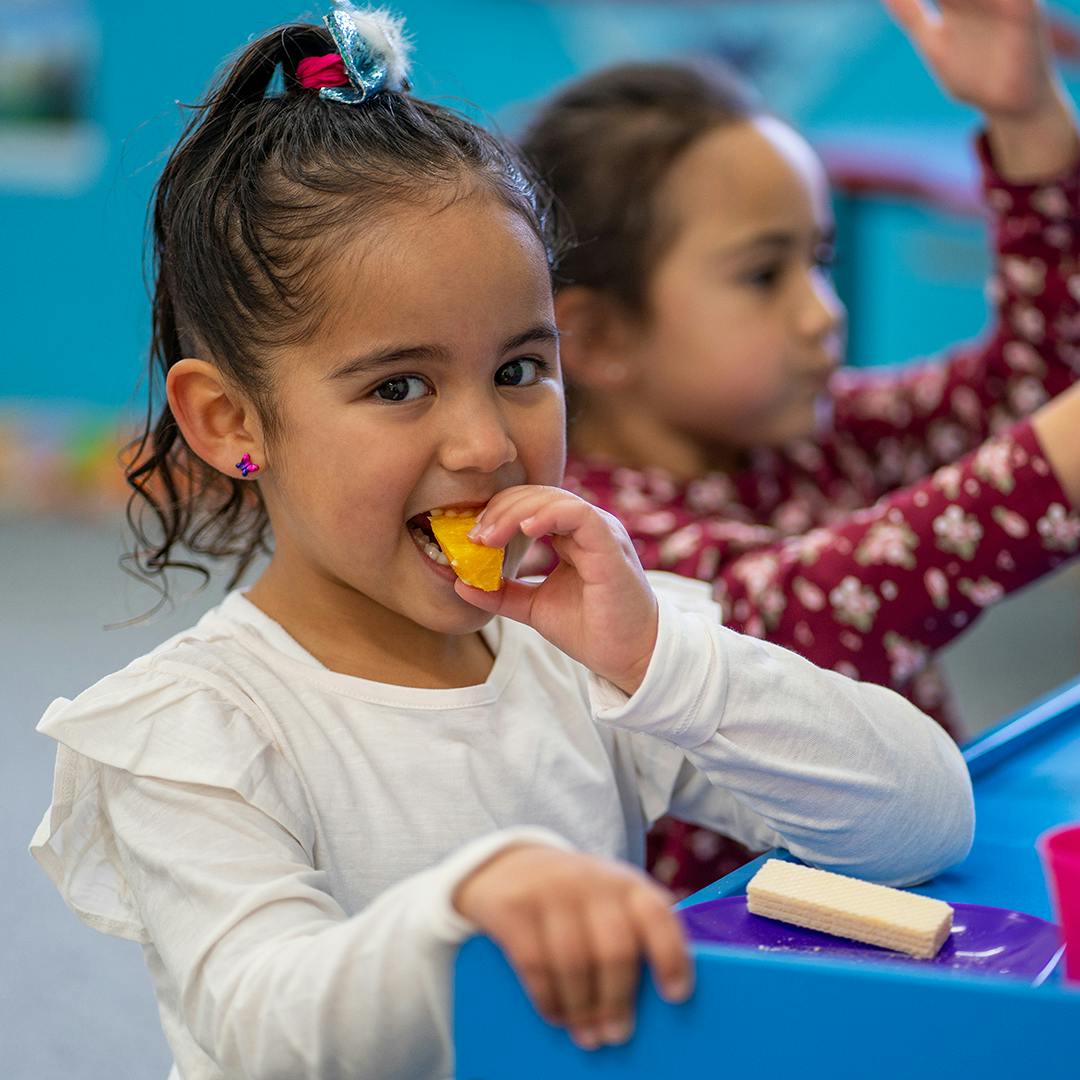
WHAT WE ACHIEVED IN 2023
In 2023 our strategic approach was focused on growing our team, strengthening our evidence base with child and youth voice to support our advocacy, and building up our network of external partnerships and key relationships with Ministers and MPs.
We made eight written submissions in 2023, championing the rights and voices of tamariki and rangatahi in policymaking and reform. We submitted on government agency consultations, bills and independent reviews, advocating for the inclusion of children in climate policies and decision-making processes, the electoral reform protections required if the voting age were lowered, and children’s rights in emergency responses.
One of the highlights of the year was the participation of seven UNICEF Aotearoa Young Ambassadors in the UNFCCC’s 2023 Conference of Parties (COP28) in Dubai during December, as part of the New Zealand delegation.
Our Young Ambassadors programme was established in 2023 to give tamariki and rangatahi a platform to use their voices on the issues that matter to them, and COP28 was an opportunity for them to take their message to the world. Rather than UNICEF speaking for young people, we handed them the microphone. While at COP28, the YAs participated in panels, educational sessions, networking, demonstrations and briefings. They were impressive in their presentation and gained huge value from the opportunity!
Ngārita MacKenzie
Ngāi Tāmanuhiri, Ngāti Kahungunu ki Wairoa
UNICEF Young Ambassador
An ‘eye-opening’ international experience and a growing sense of pride in her Māori whakapapa are just two of the 2023 takeaways for UNICEF Young Ambassador Ngārita MacKenzie.Ngārita became a Young Ambassador to make a difference for her community and meet other like-minded young people from across the country.
“I thought the best way to do this would be to work with other young people to advocate for the issues that mattered most to us. The experience has been incredibly beneficial both for my advocacy skills and also for my personal growth.”
A highlight for Ngārita was the Young Ambassadors’ December attendance at the UNFCCC’s 2023 Conference of Parties (COP28) in Dubai during December, as part of the New Zealand delegation.
“It was an amazing opportunity being able to put my new skills into practice at COP28 in Dubai. I particularly enjoyed meeting other young indigenous activists, hearing their stories and recognising similarities to mine. COP28 was an eye-opening experience and is an experience I am extremely grateful for.”
Ngārita is studying law at Te Herenga Waka – Victoria University and is finding correlations between her advocacy and her studies.
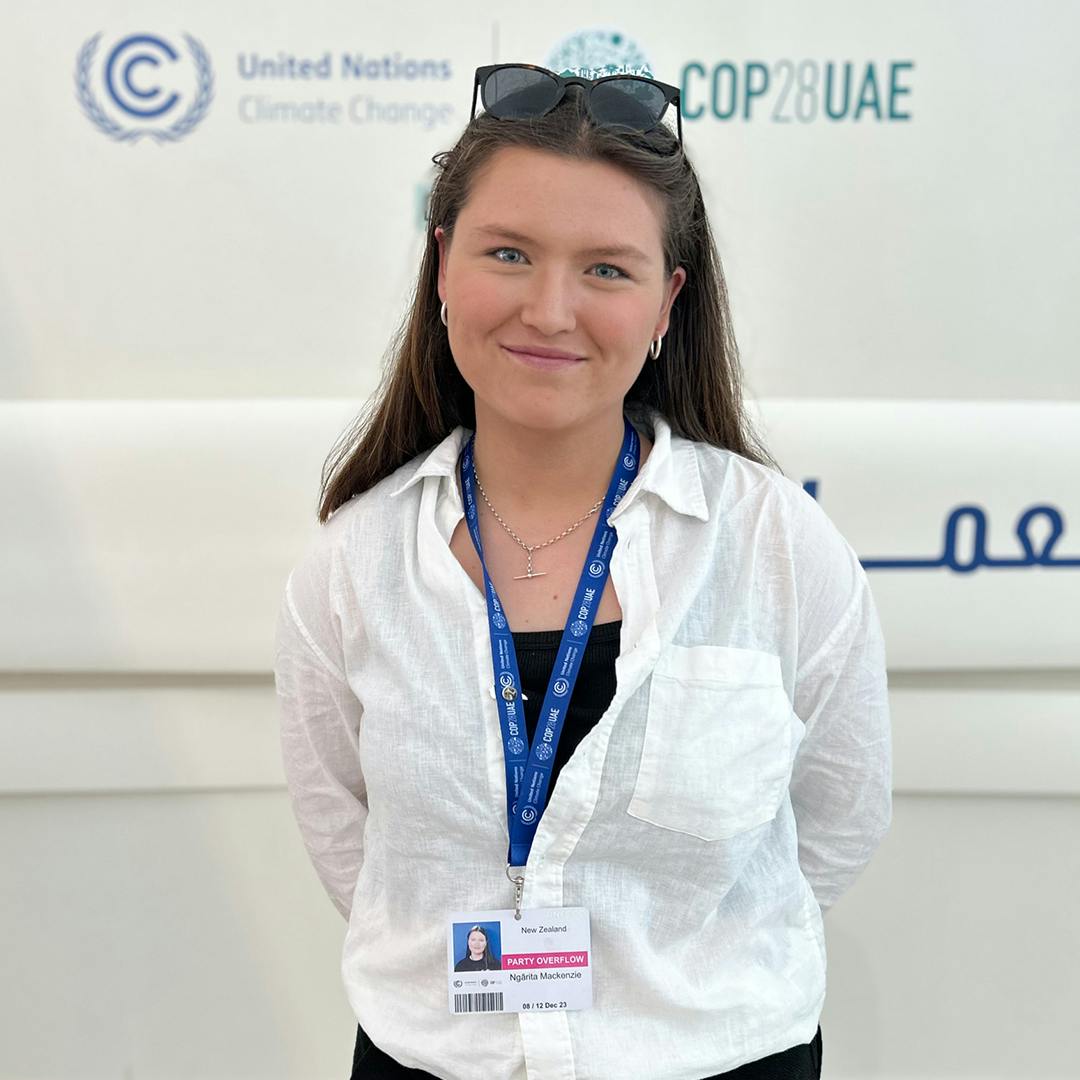
“In the future I would like to practice law, hopefully benefiting the Māori community. The UNICEF Young Ambassador program has allowed me to gain more confidence in myself and my work. It has also helped me gain a sense of pride in my Māori whakapapa, which I am determined to demonstrate in my work as a lawyer."
BECOMING A CHANGEMAKER
UNICEF Aotearoa launched a collaborative platform for supporting clubs and schools across New Zealand to participate in the work of UNICEF Aotearoa. The Changemakers (Clubs and Schools) enables our fundraising and advocacy teams to strengthen their engagement with schools and students, while providing resources for tamariki and rangatahi in their communities to support UNICEF’s mission.
To learn more about the impact of the Changemakers, we spoke to one of our club members.
Georgia Tattersall
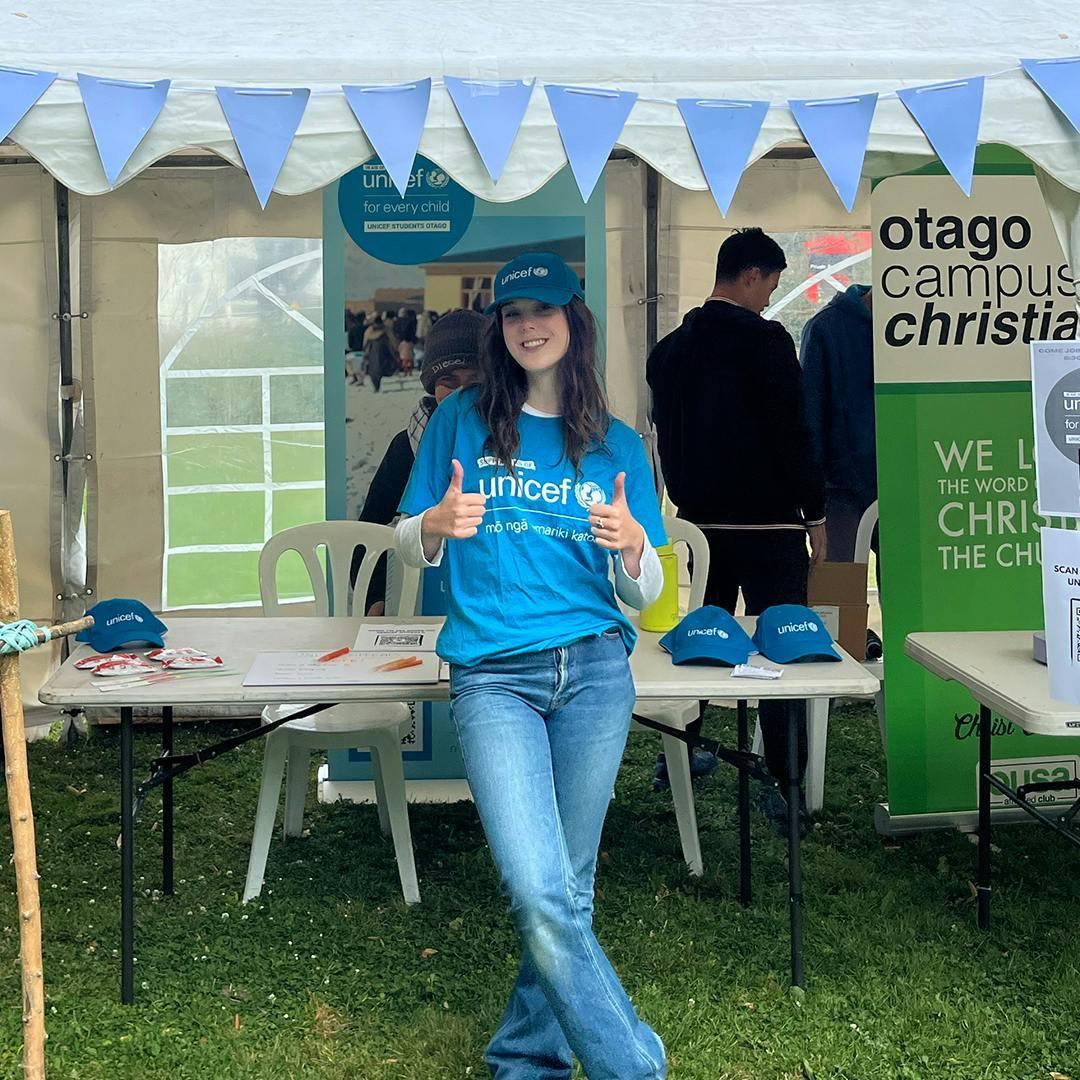
UNICEF Students Otago, President
What made you want to join the Changemakers?
"I wanted to join the club to support communities in need that I would not be able to reach through my everyday life. I had heard about the amazing work UNICEF does and wanted to support that."
Why get involved in the charity sector?
"Spending my time in ways which align to my values really appeals to me. I am really privileged to be a university student and I want to use that privilege to create good. It is just awesome to know that the money we raise goes towards helping other young people's livelihoods."
What have you learned?
"My experience being a part of UNICEF Students Otago has been invaluable. Something unexpected I have gained from the club is meeting such like-minded and genuine people. When I started the club most students were a lot older than me. However, these lovely people became friends and mentor-like figures to me."
Any advice for someone who’d like to become a Changemaker?
"Just show up! Meeting or fundraiser, we’d love to see you! Our Instagram is @unicefstudentsotago - flick us a message."
What are your plans for the future?
"Our plan for the future is to EXPAND. It has been a major goal of ours for a few years now to run a UNICEF ball. We also are really keen to get further into the advocacy space talking to more schools and other young people about the amazing mahi UNICEF does."
YOUTH CHARITY BALL
Wellington's UNICEF Youth Charity Ball, an annual gathering organised by youth, empowers rangatahi to support and advocate for the wellbeing of tamariki. This year's focus was on raising funds for critical immunisations for children under five. According to Heena, a dedicated member of the organising committee, the event's turnout was "incredible”, highlighting the strong commitment among rangatahi to effect positive change. The event successfully raised over $15,000 for the Immunise a Child Appeal, contributions that will directly fund the vaccination of 22,000 children worldwide against life threatening diseases. Additionally, the ball served as an educational platform, raising awareness among hundreds of young attendees about child rights and the importance of vaccinations
INDIVIDUAL THANK YOUS
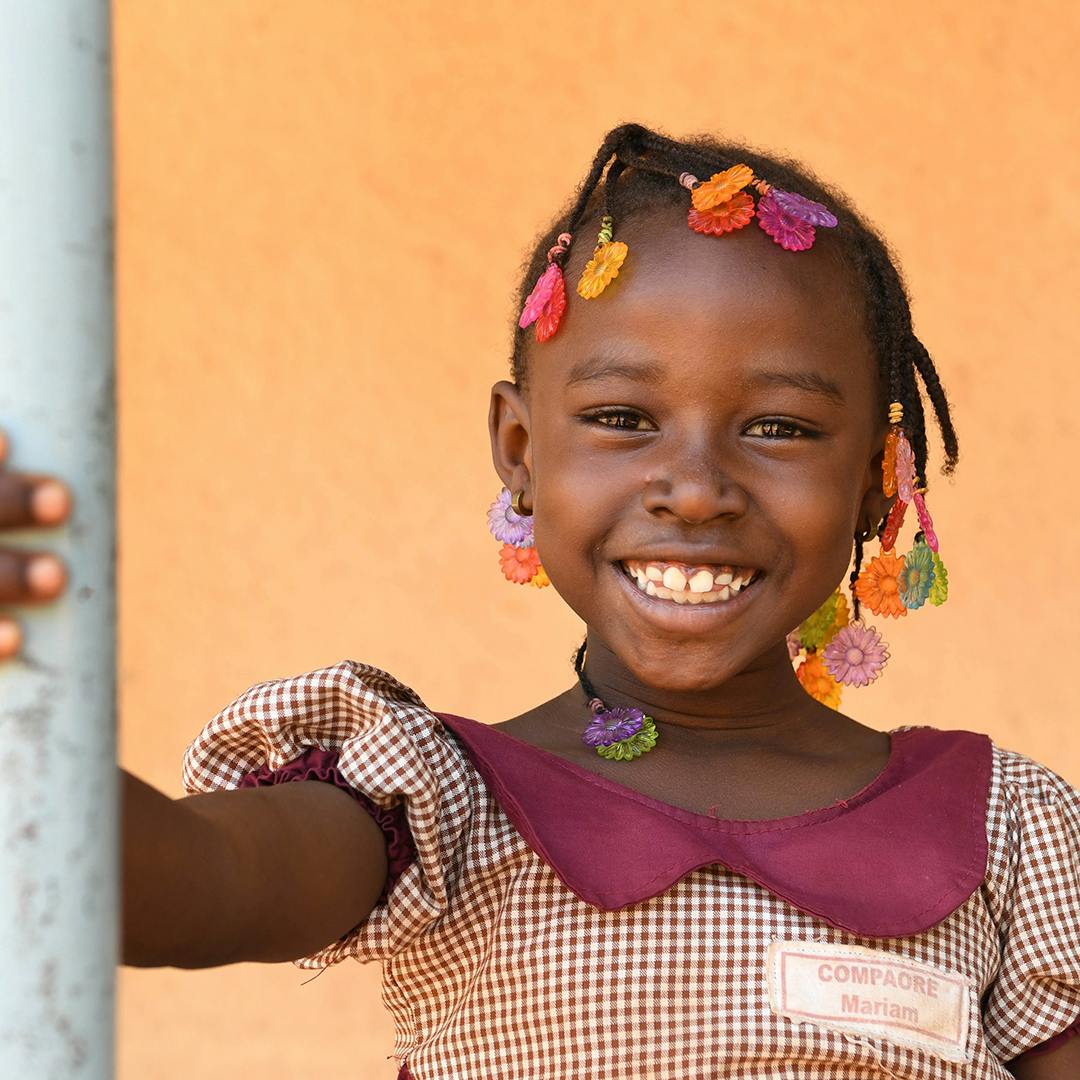
CORPORATE SUPPORTERS
Les Mills International
Bybit
COMMUNITY SUPPORTERS
Church of the Latter Day Saints
Rotary New Zealand
The Clare Foundation

Pūrongo Paearu mahi
A copy of our audited 2023 consolidated accounts can be found here.
The following sections provide additional information relating to our financial performance.
NEW ZEALAND’S CONTRIBUTION
TO SUPPORTING CHILDREN
In total, $24.8 million in donations from NZ were used in UNICEF’s work and programme to improve children’s lives in 2023. This includes $6.5 million from the NZ public (individuals, corporate and community groups) and the New Zealand Government’s International Development Cooperation Programme.
The New Zealand Government also provides funding directly to UNICEF every year. In 2023, this totalled $18.2 million, comprising the Government’s regular core contribution and one-off bilateral grants to specific emergencies.
NEW ZEALAND’S TOTAL CONTRIBUTION 2023
UNICEF AOTEAROA’S REVENUE IN 2023
In 2023 we raised $16.2 million in revenue. While we did not meet our ambitious targets for 2023, this was our second highest revenue year in the history of UNICEF Aotearoa New Zealand. It is a testament to the generosity of New Zealanders, who themselves were facing economic and other significant climate change-related challenges in 2023.
Our donors supported UNICEF’s emergency and humanitarian work in areas such as Gaza, Ukraine, South Sudan, Syria and Turkiye. Our pledge donors continued their generous regular support, contributing $5.6 million in 2023.
The graph below breaks down our revenue by donation type. Hover over each bar to see the total amount donated.

UNICEF AOTEAROA TOTAL INCOME 2017-2023
UTILISATION OF FUNDS
Donations to UNICEF Aotearoa, totalling $6.5 million, were used in programmes to improve children’s lives.
$4.8 million was used to respond to specific emergencies and development aid projects. It was also used to support children in the greatest need, in whatever fragile context they may be. $842,694 was used in our domestic advocacy programmes, and $884,440 to support the delivery of WASH and early childhood education programmes in the Pacific and Southeast Asia.
Of the $4.8 million, the top three programmes that received funding were WASH programmes at $2.6 million, education activities, including early childhood education and care at $1.1 million, with humanitarian emergency response activities at $1 million.
49% of total revenue was reinvested into communications and fundraising to raise more funds. This is higher than usual. This is because it includes the costs of a comprehensive and much-needed overhaul of our technology environment to ensure we keep pace with the accelerated digitisation of the sector. 11% was required to support the organisation’s administrative functions.
2023 FUNDS REMITTED – FOCUS AREAS
UTILISATION OF FUNDS OVERVIEW
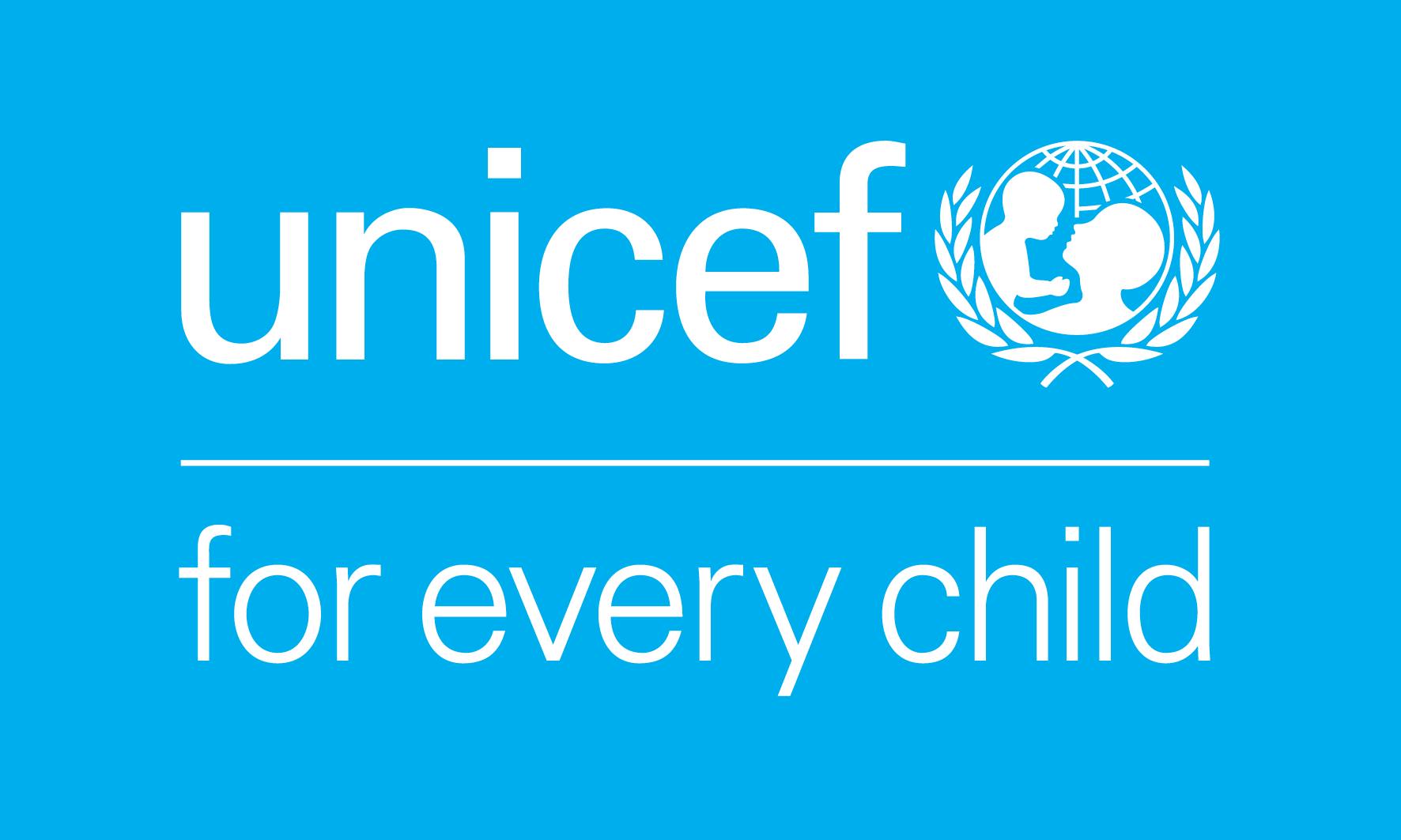
Les Mills and UNICEF launch global Workout for Water challenge to combat water poverty
As World Water Day dawns in New Zealand this Friday, Les Mills and UNICEF have joined forces to launch a campaign raising funds for the hundreds of millions of children around the world living in areas of extreme water poverty.
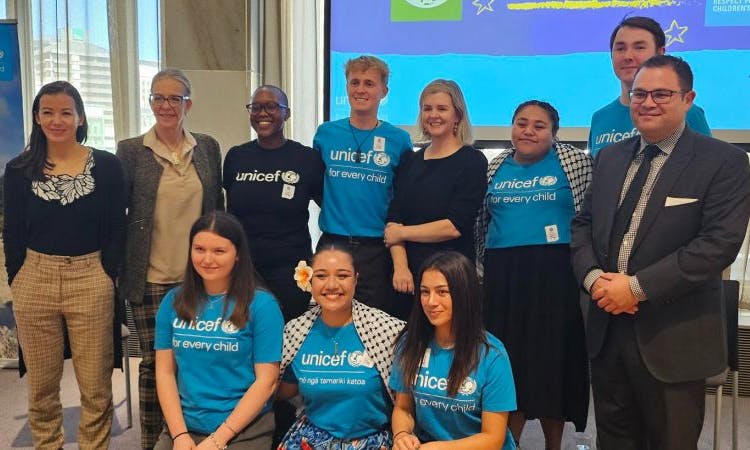
UNICEF Aotearoa launches first Parliamentary Forum for Children’s Rights
The inaugural session of a new Parliamentary Forum for Children’s Rights held at the Beehive and led by our Young Ambassadors, provided young people with the chance to speak directly to New Zealand’s decision-makers.
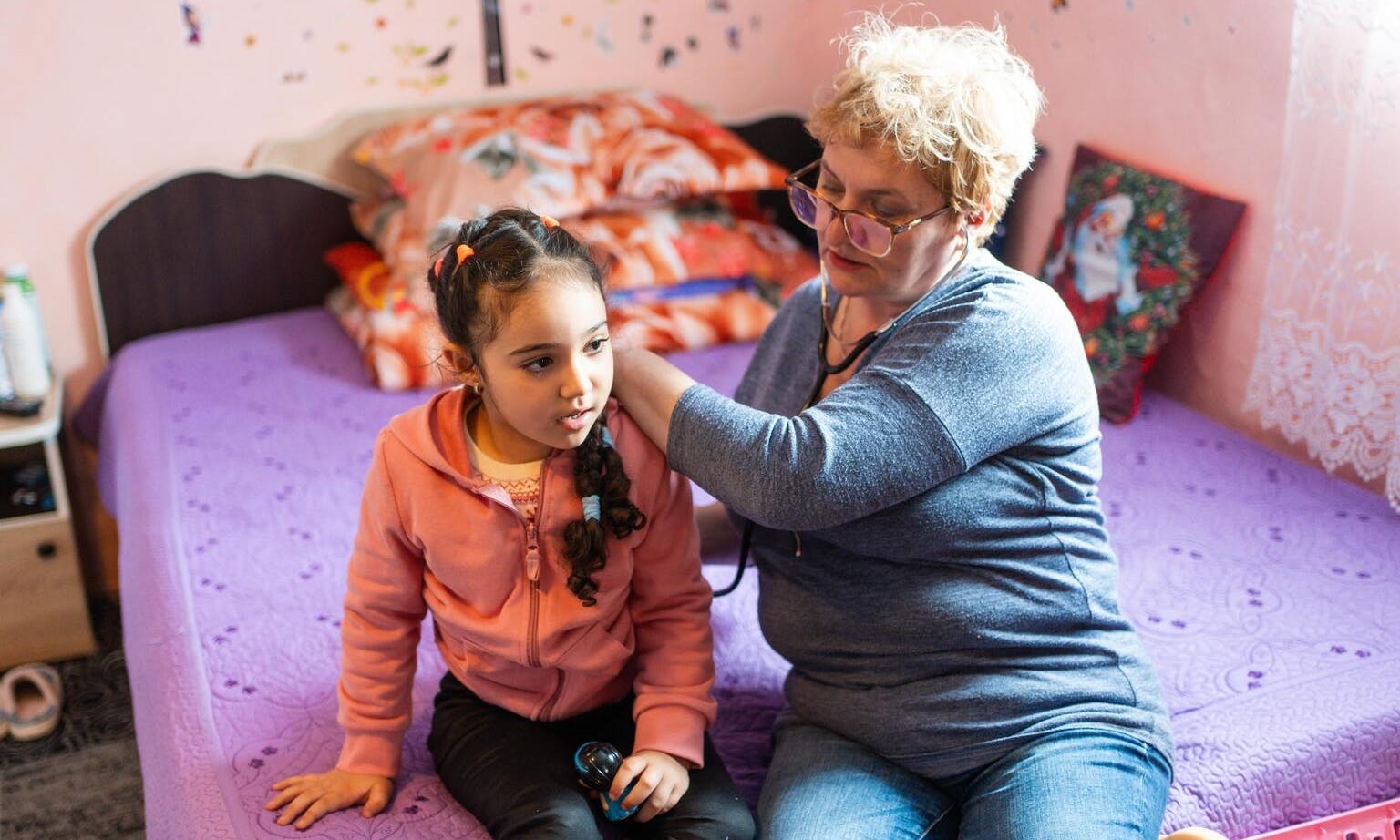
Global child deaths reach historic low in 2022
Despite progress, an estimated 4.9 million children died before their fifth birthday somewhere in the world, or 1 death every 6 seconds.
